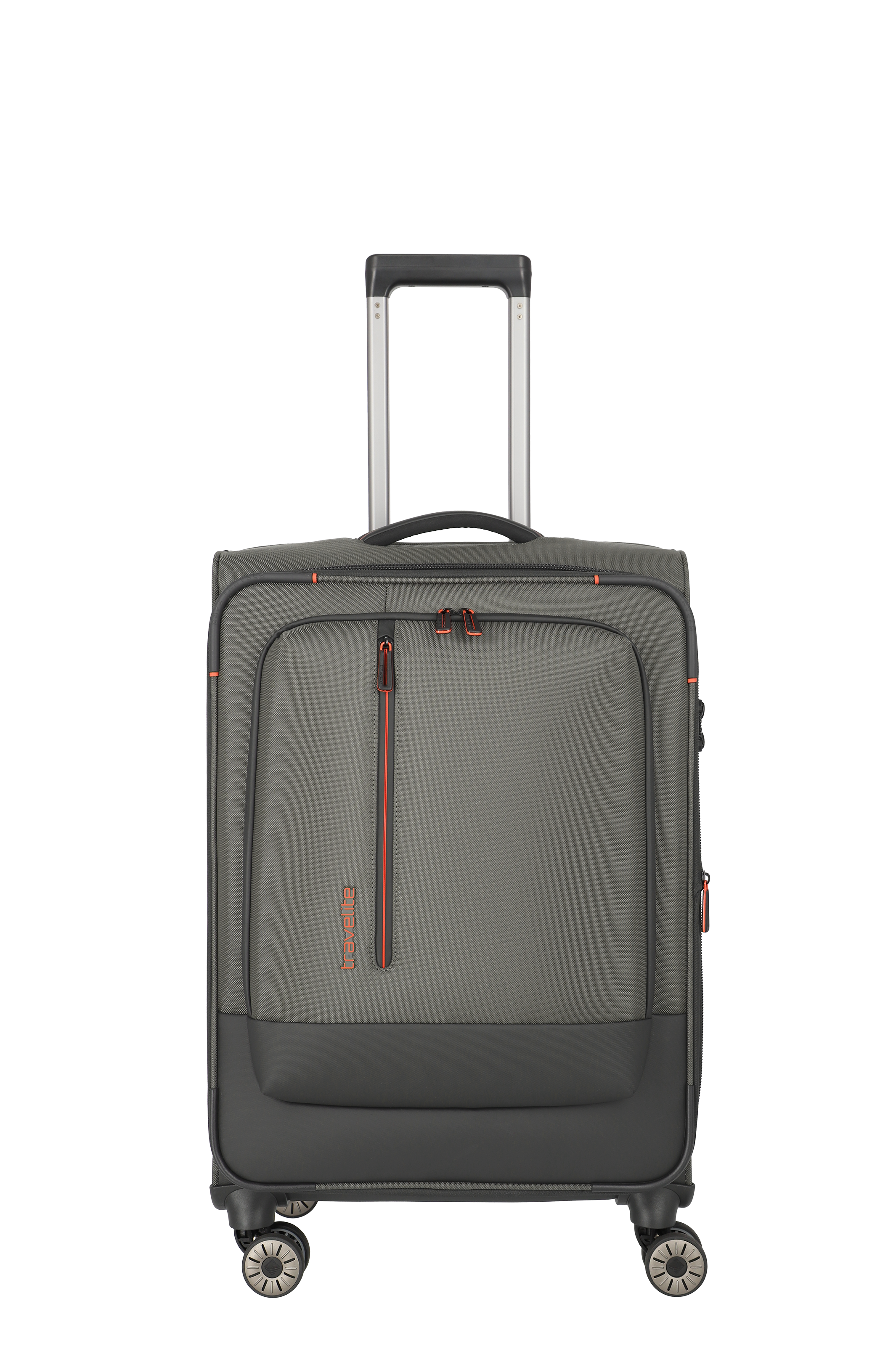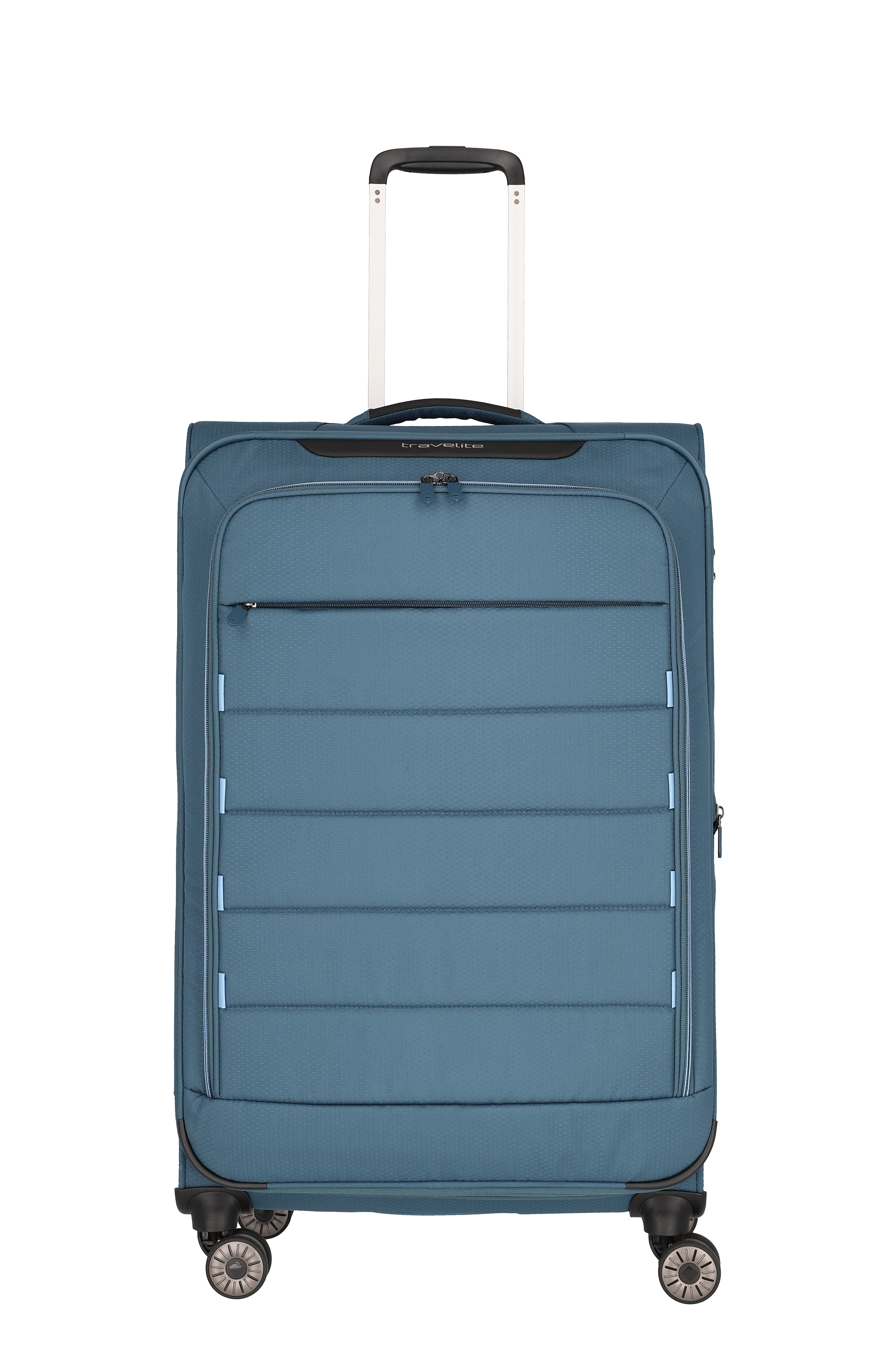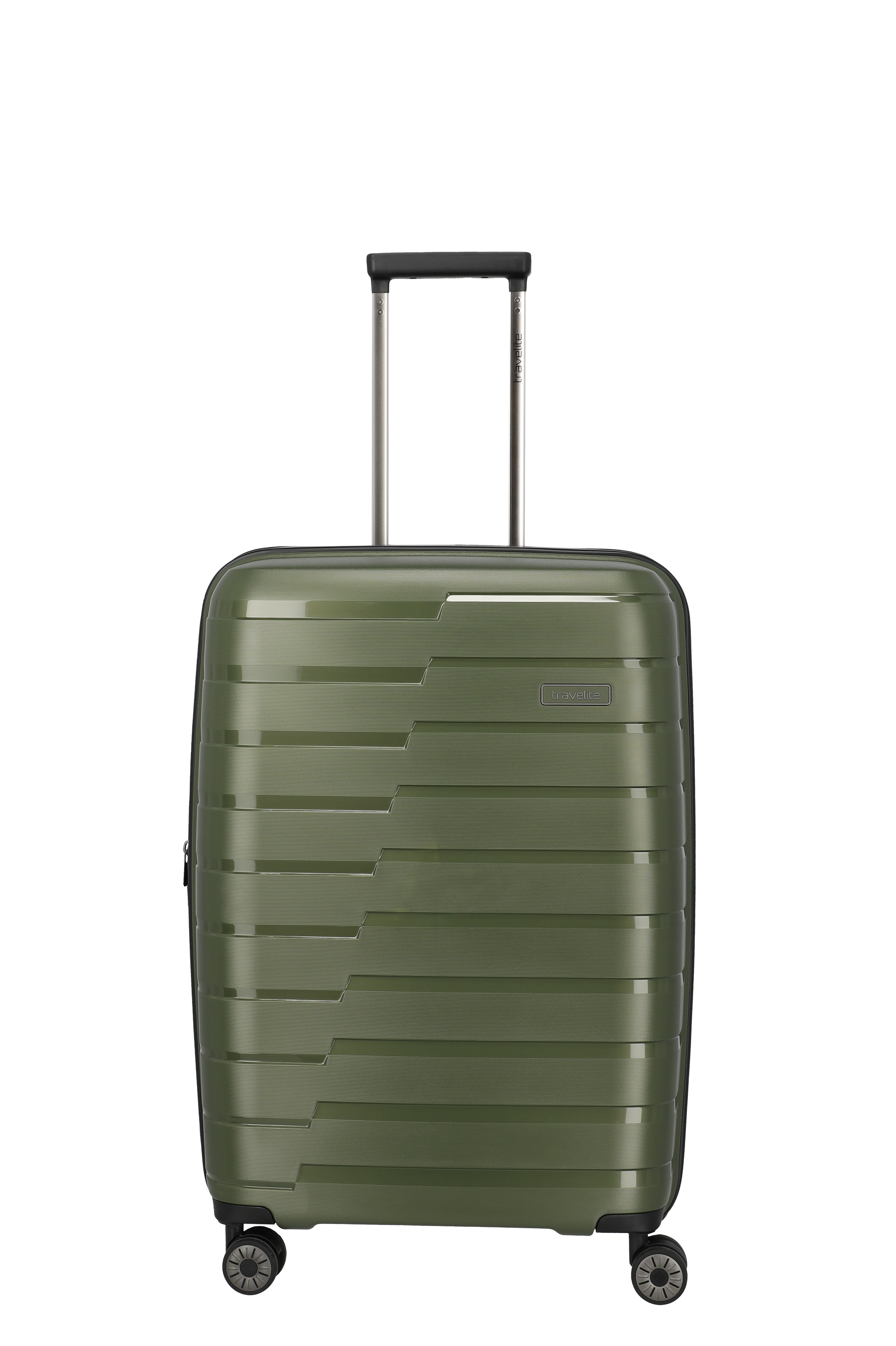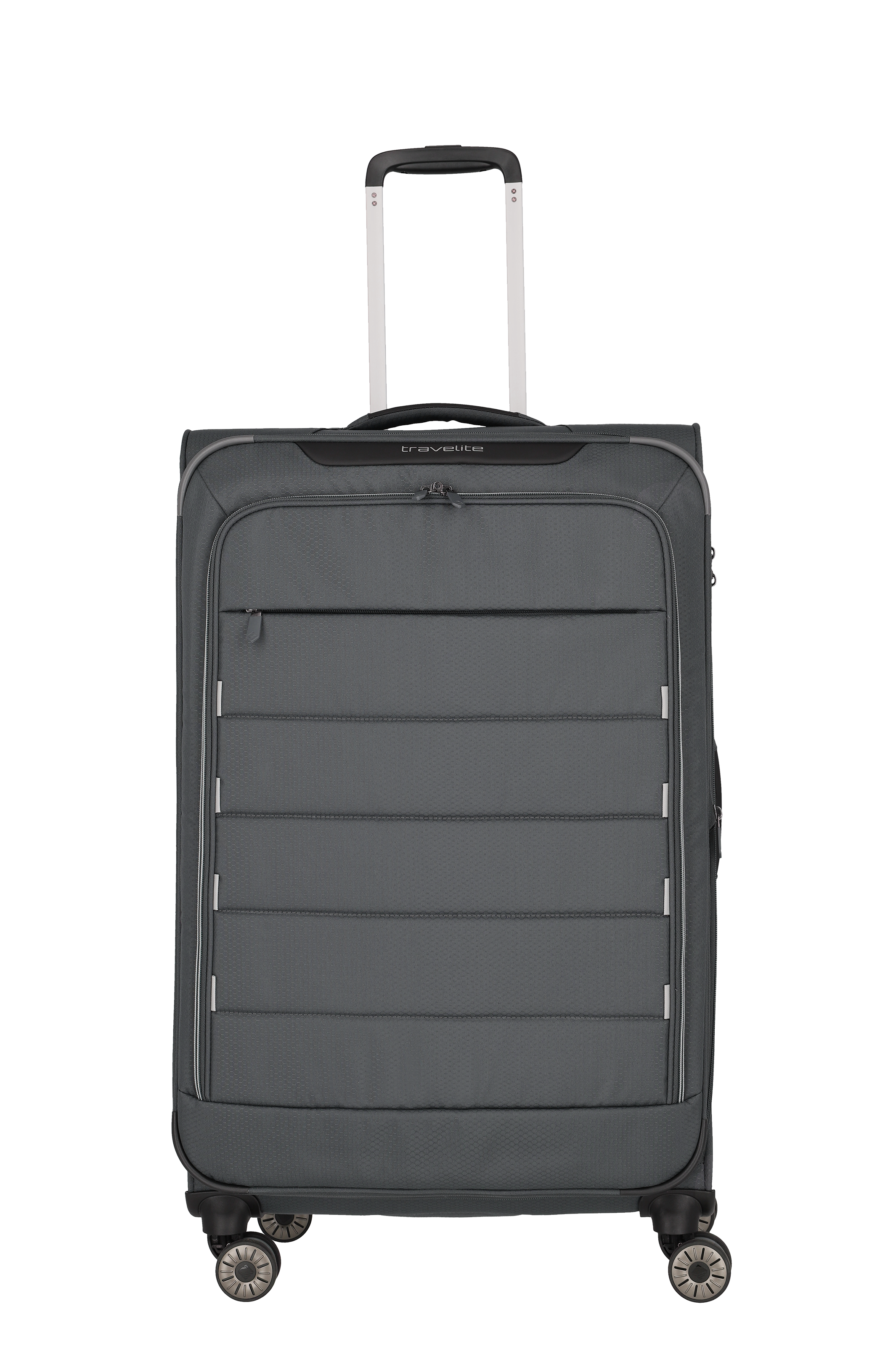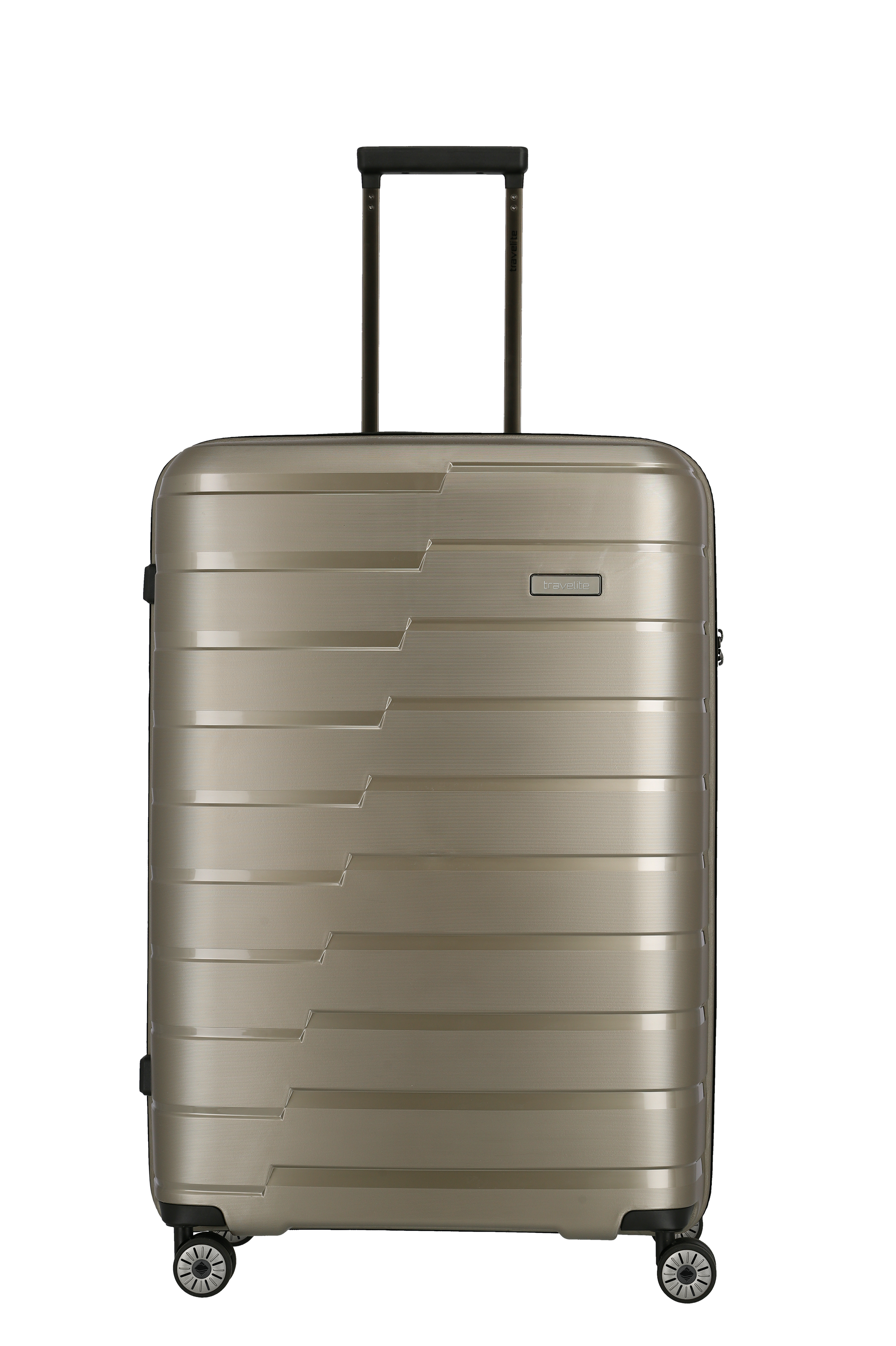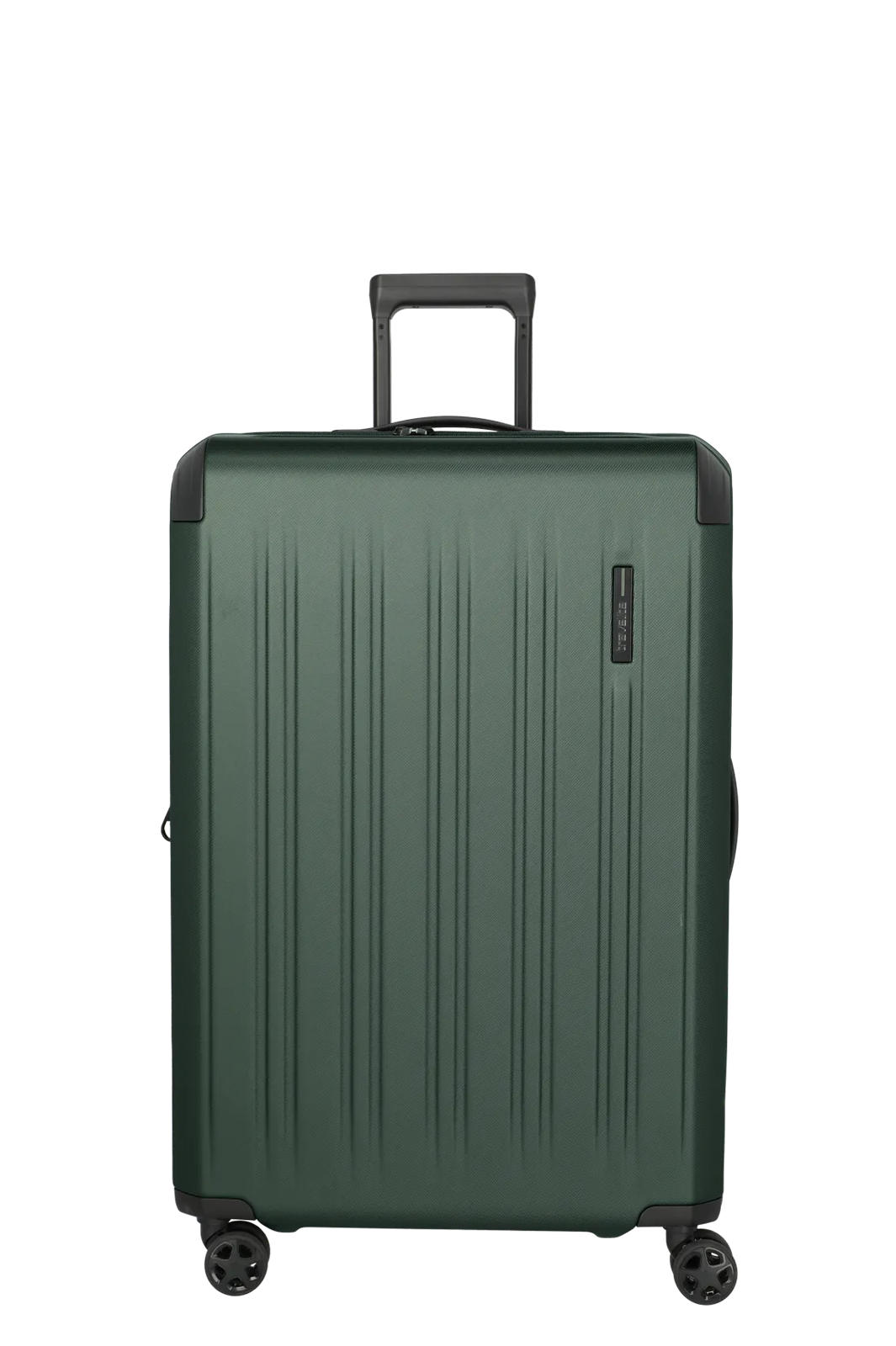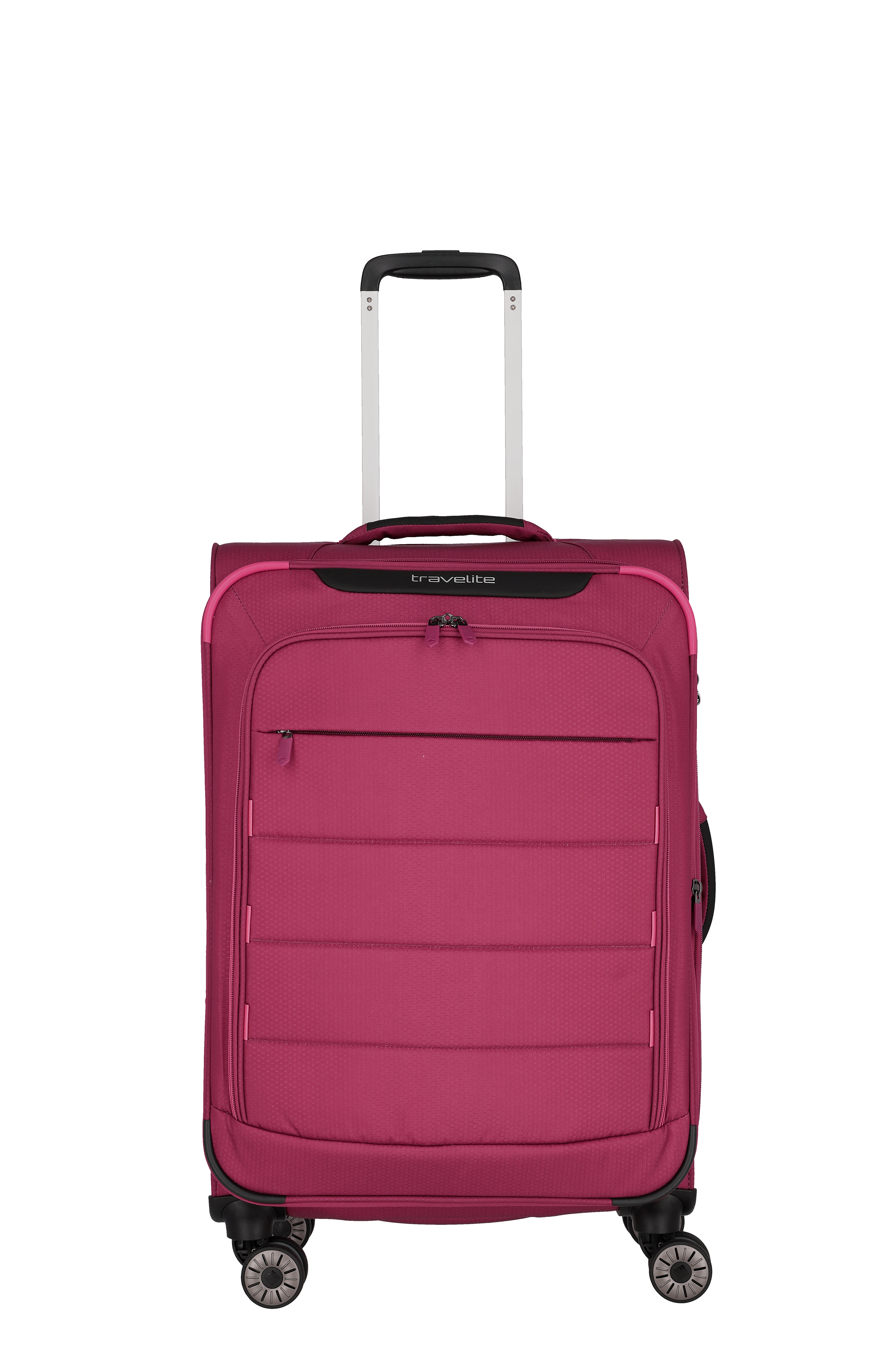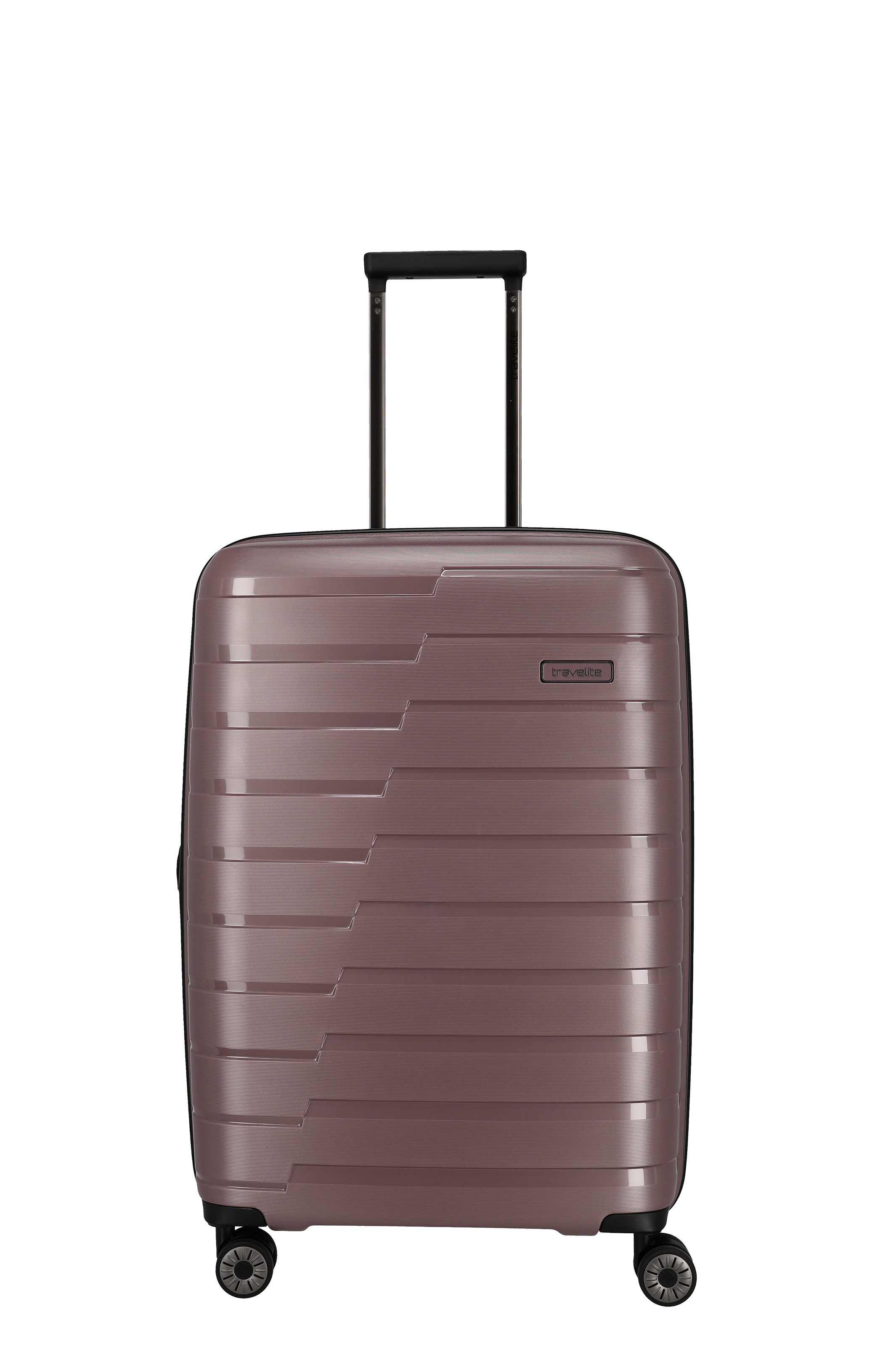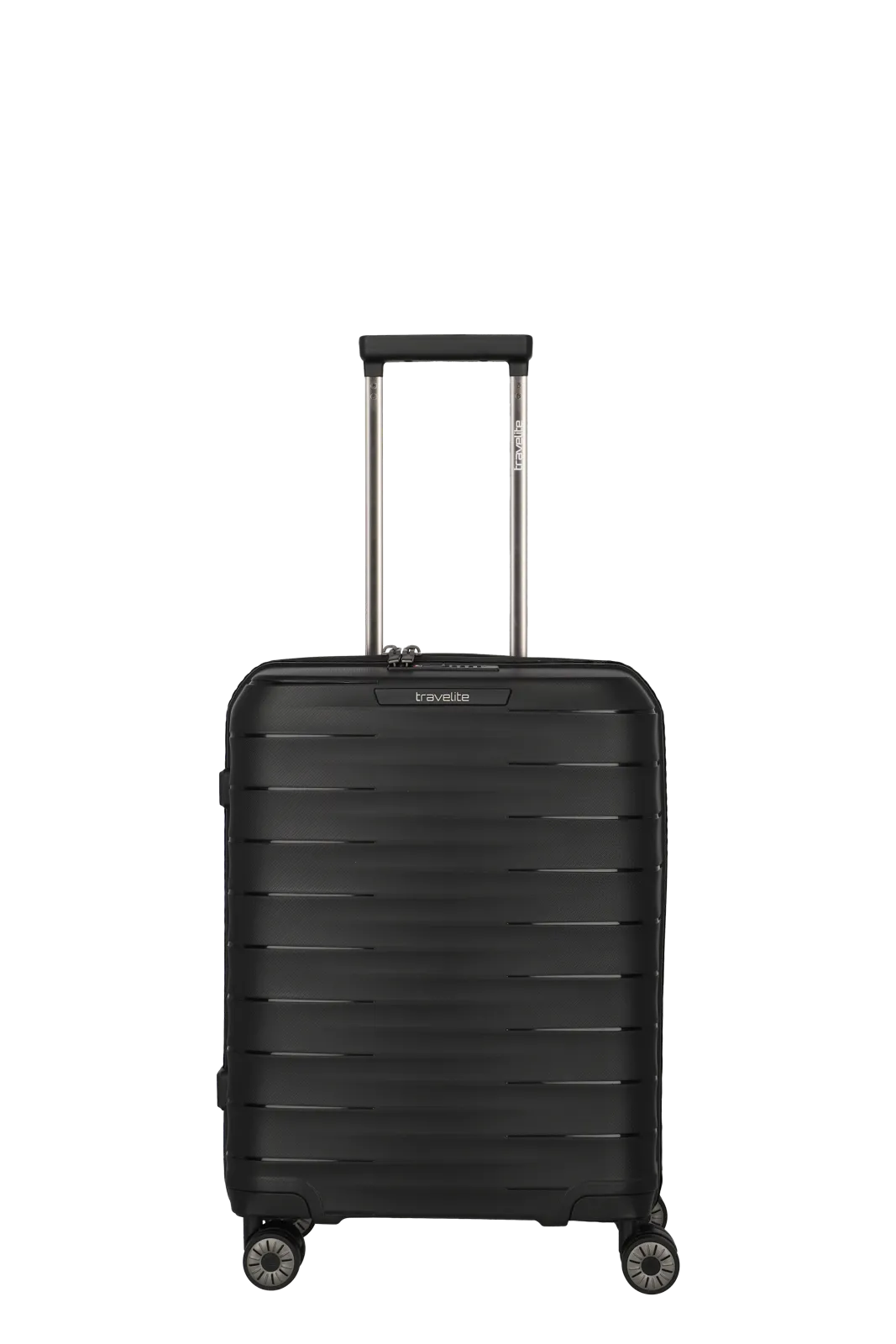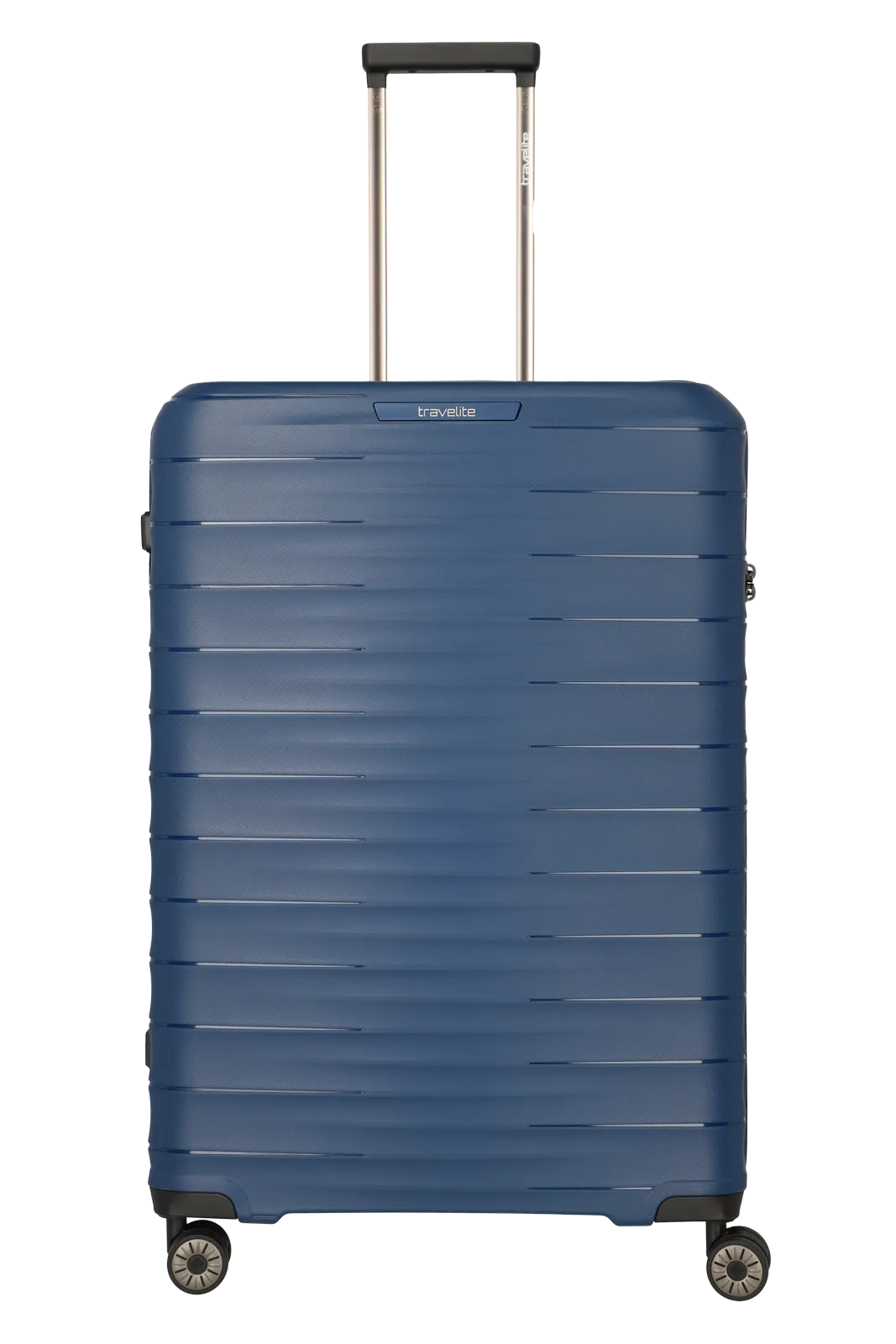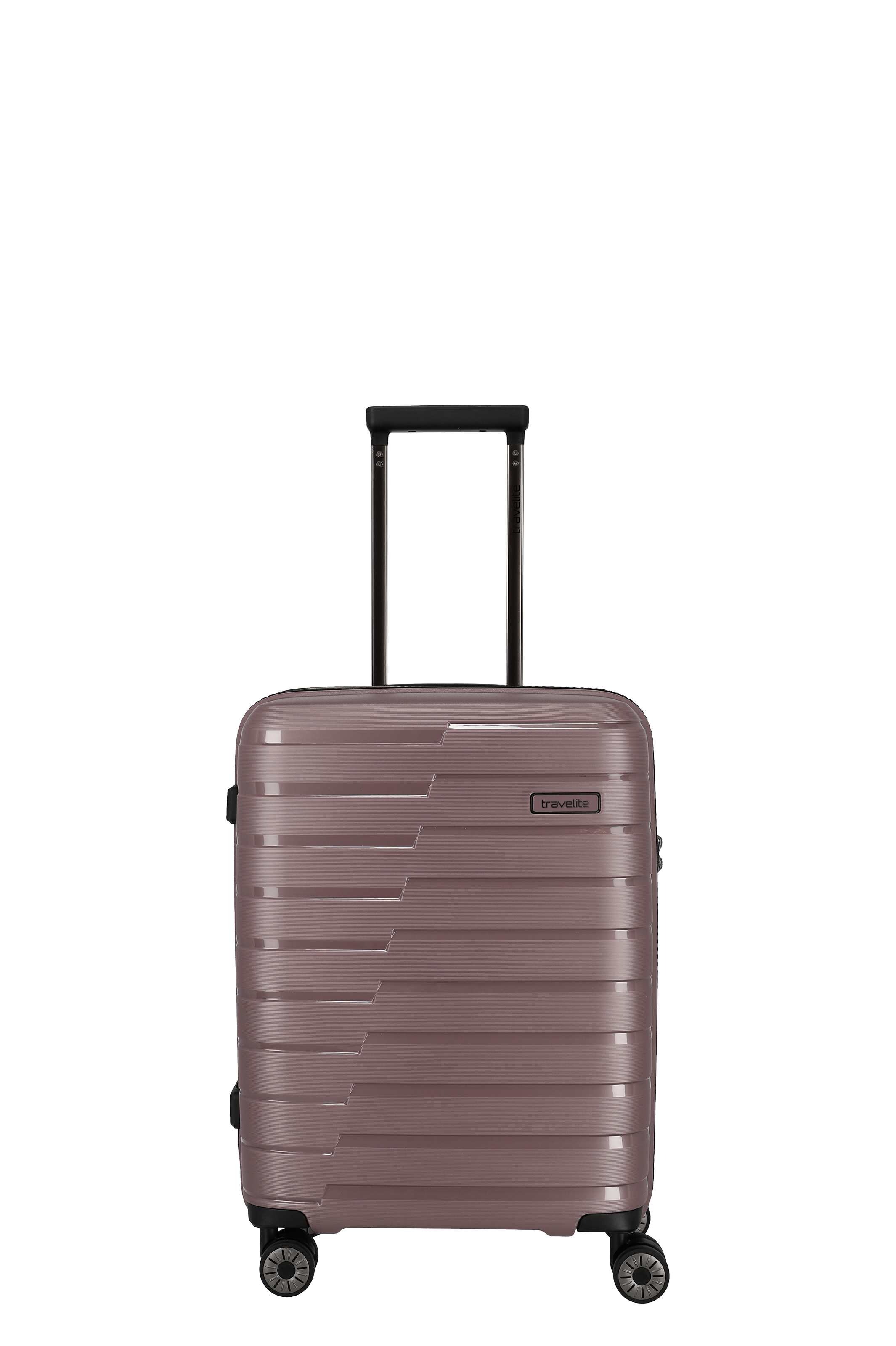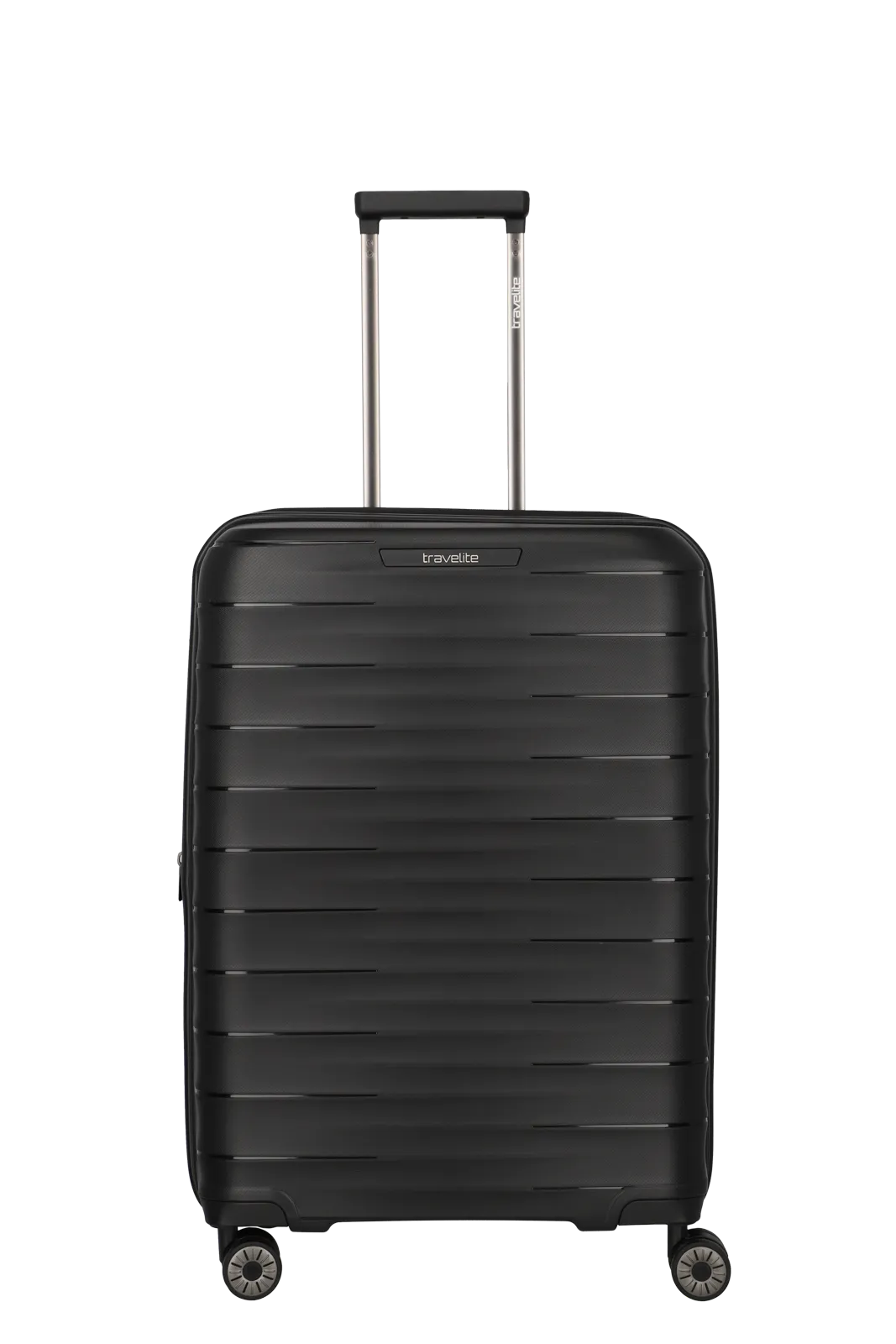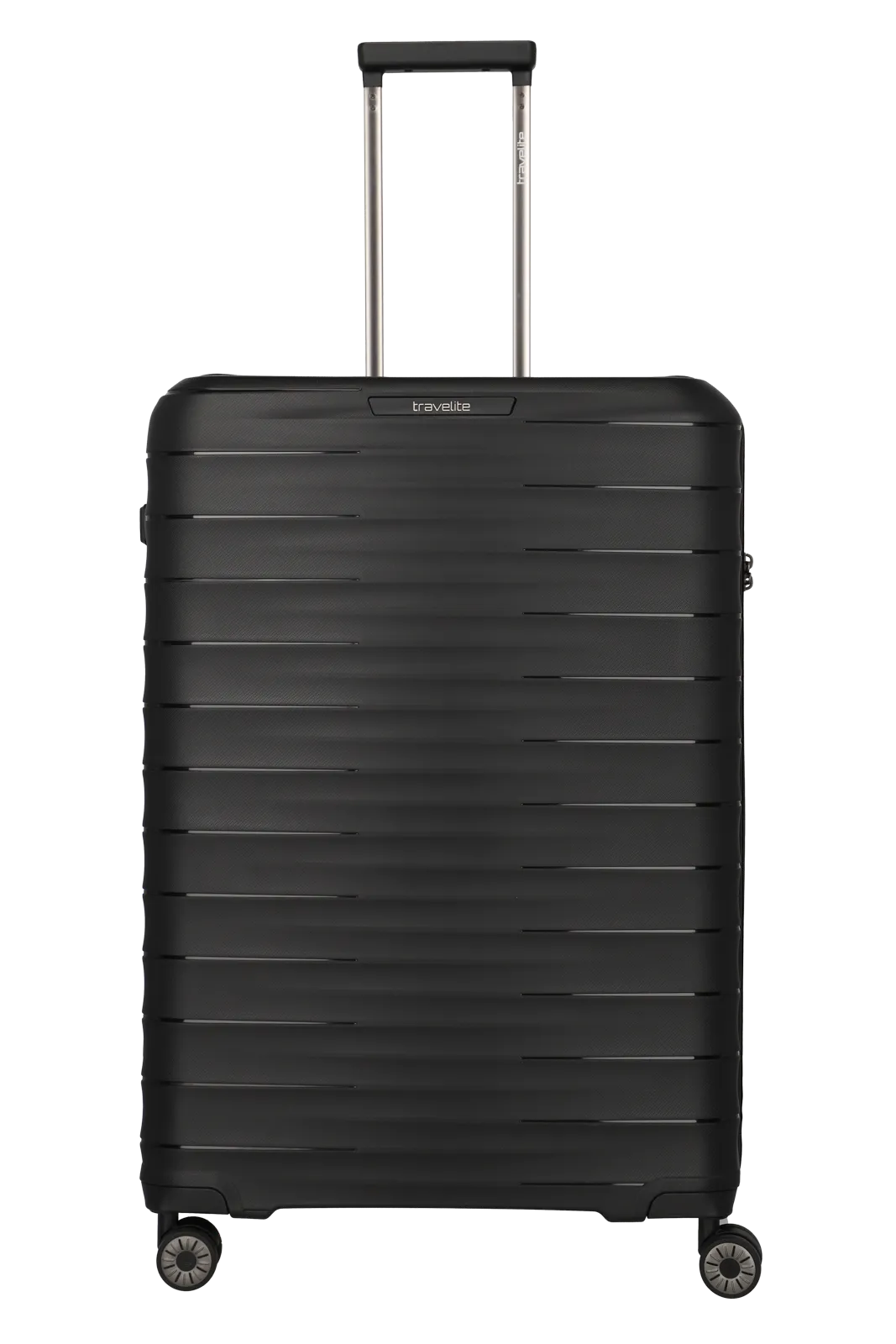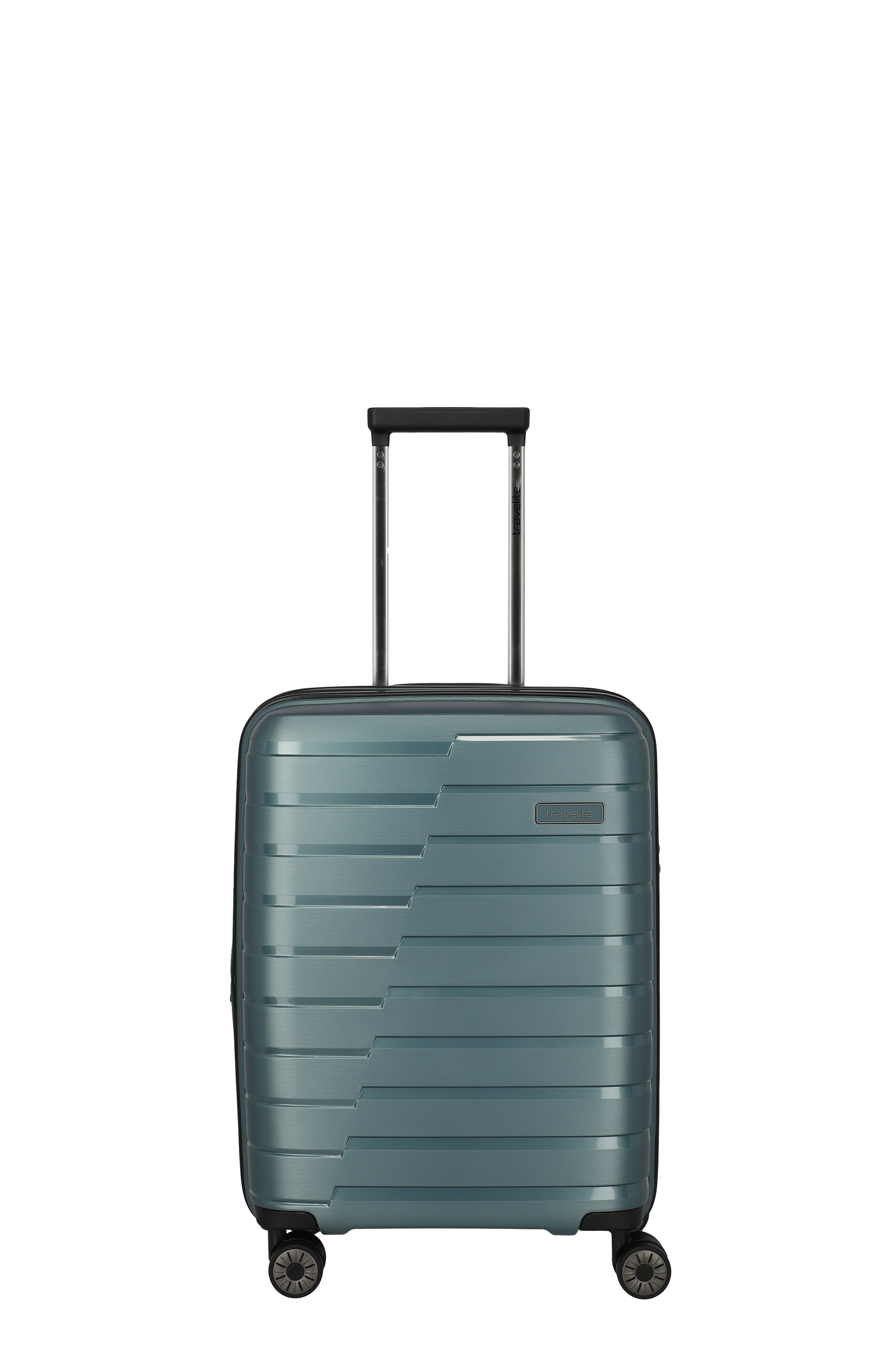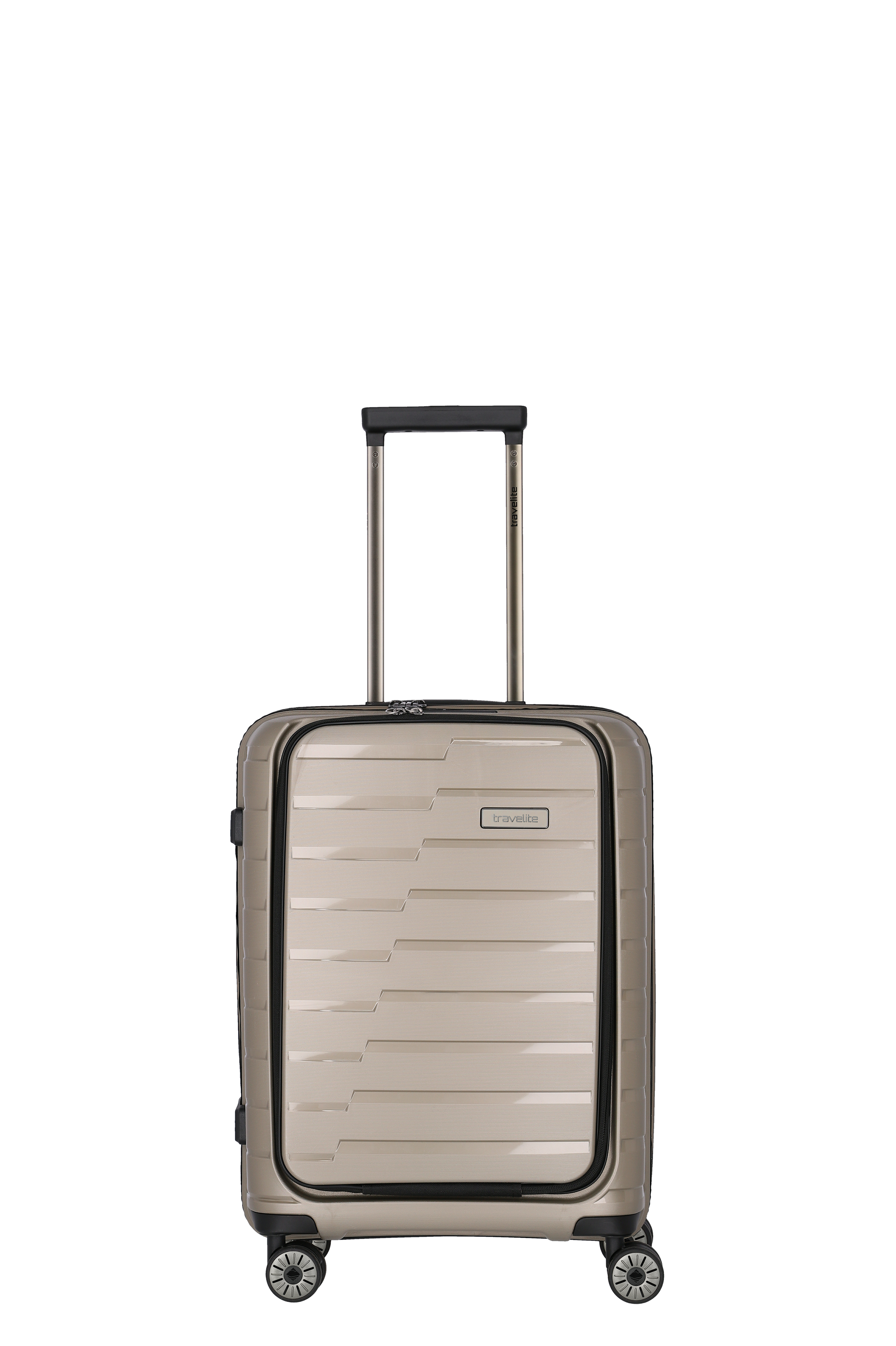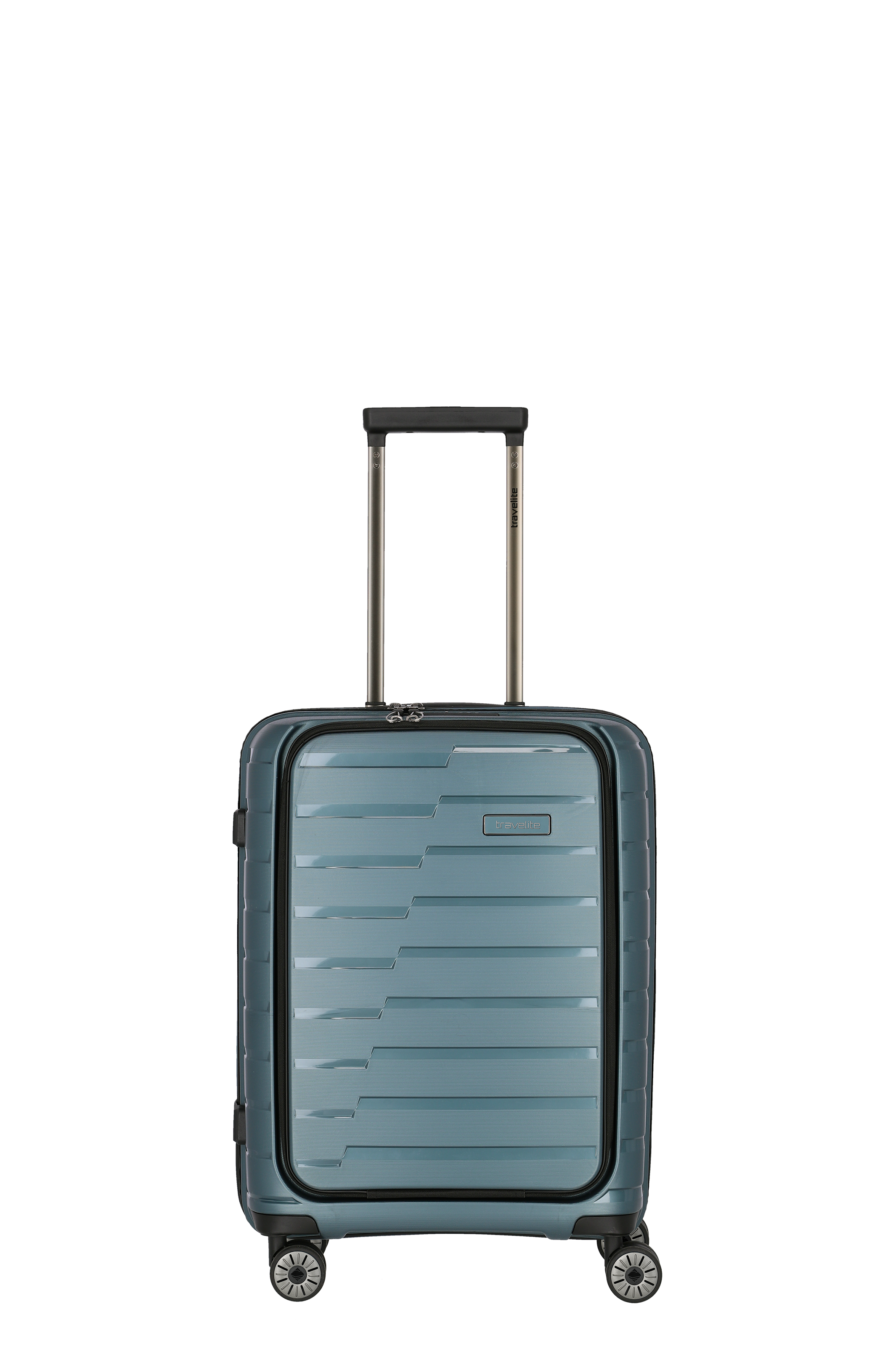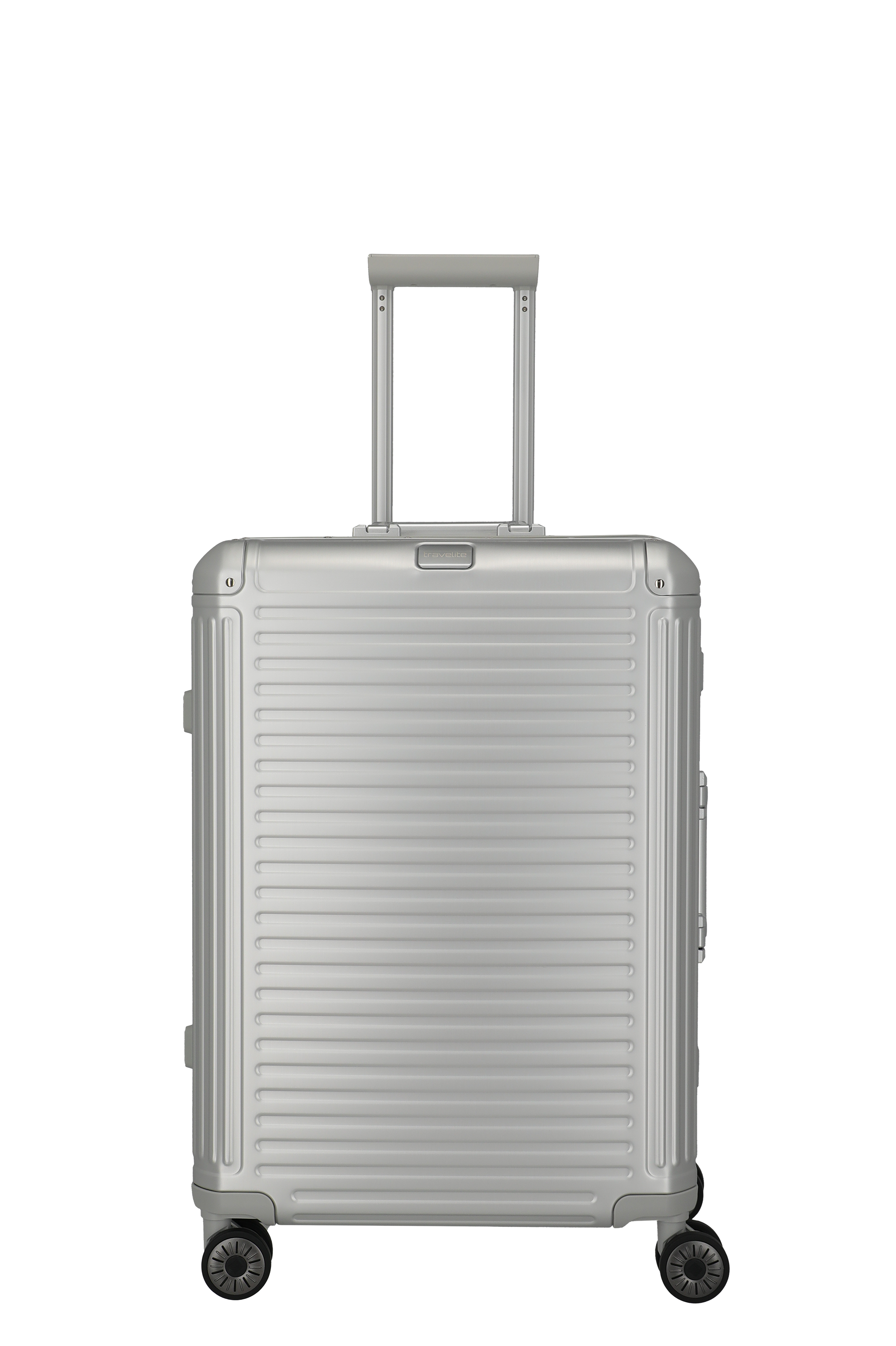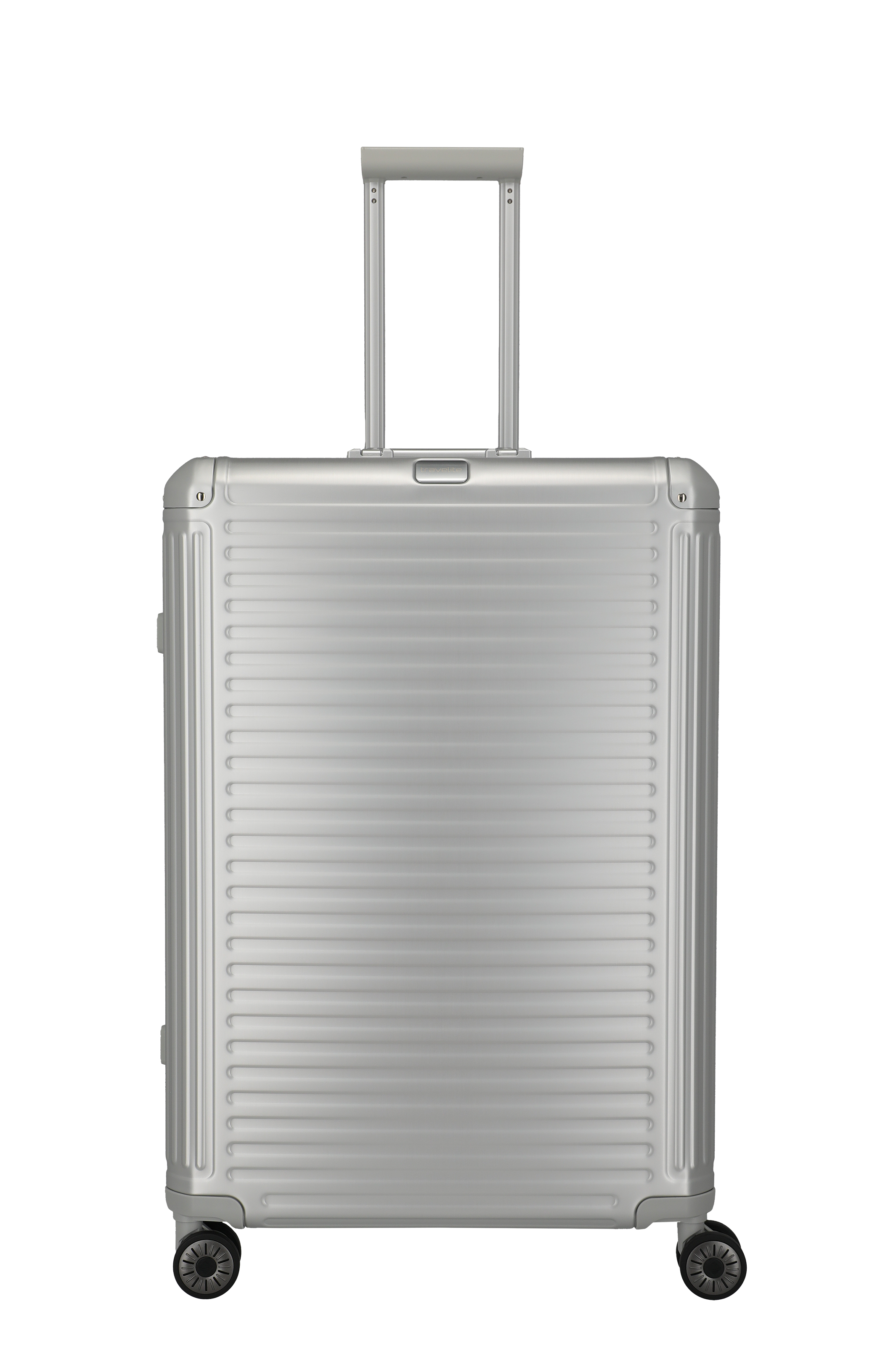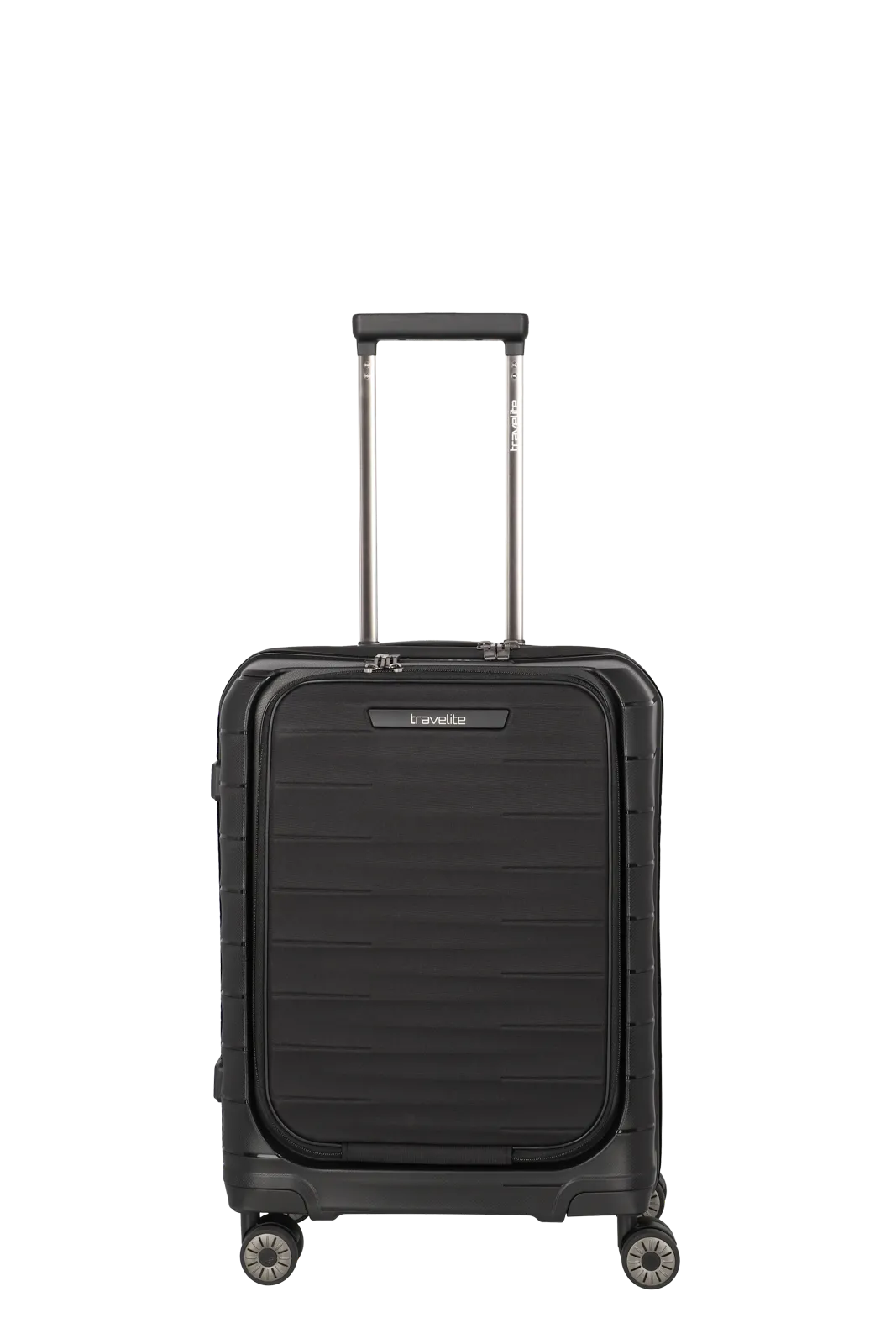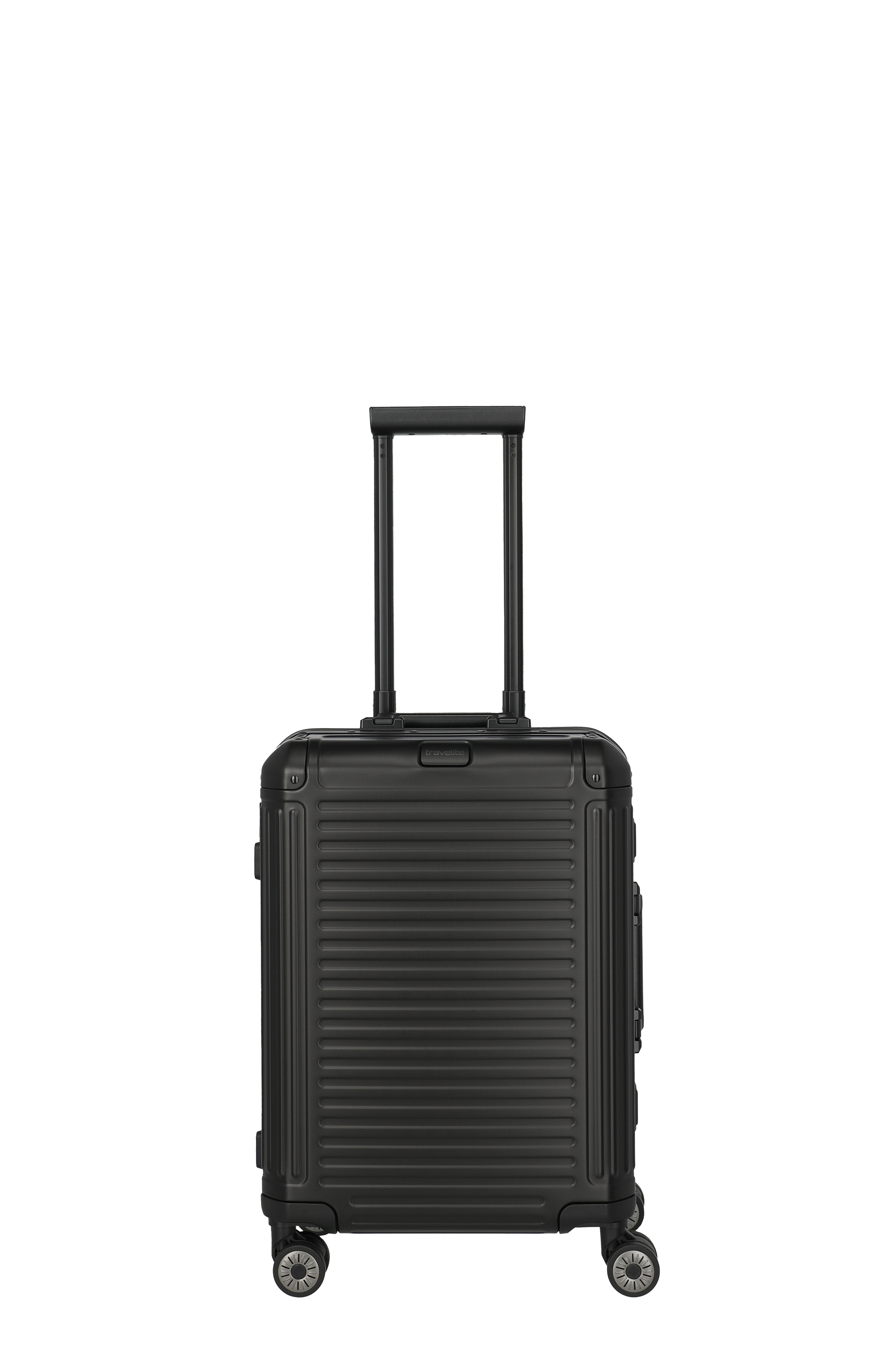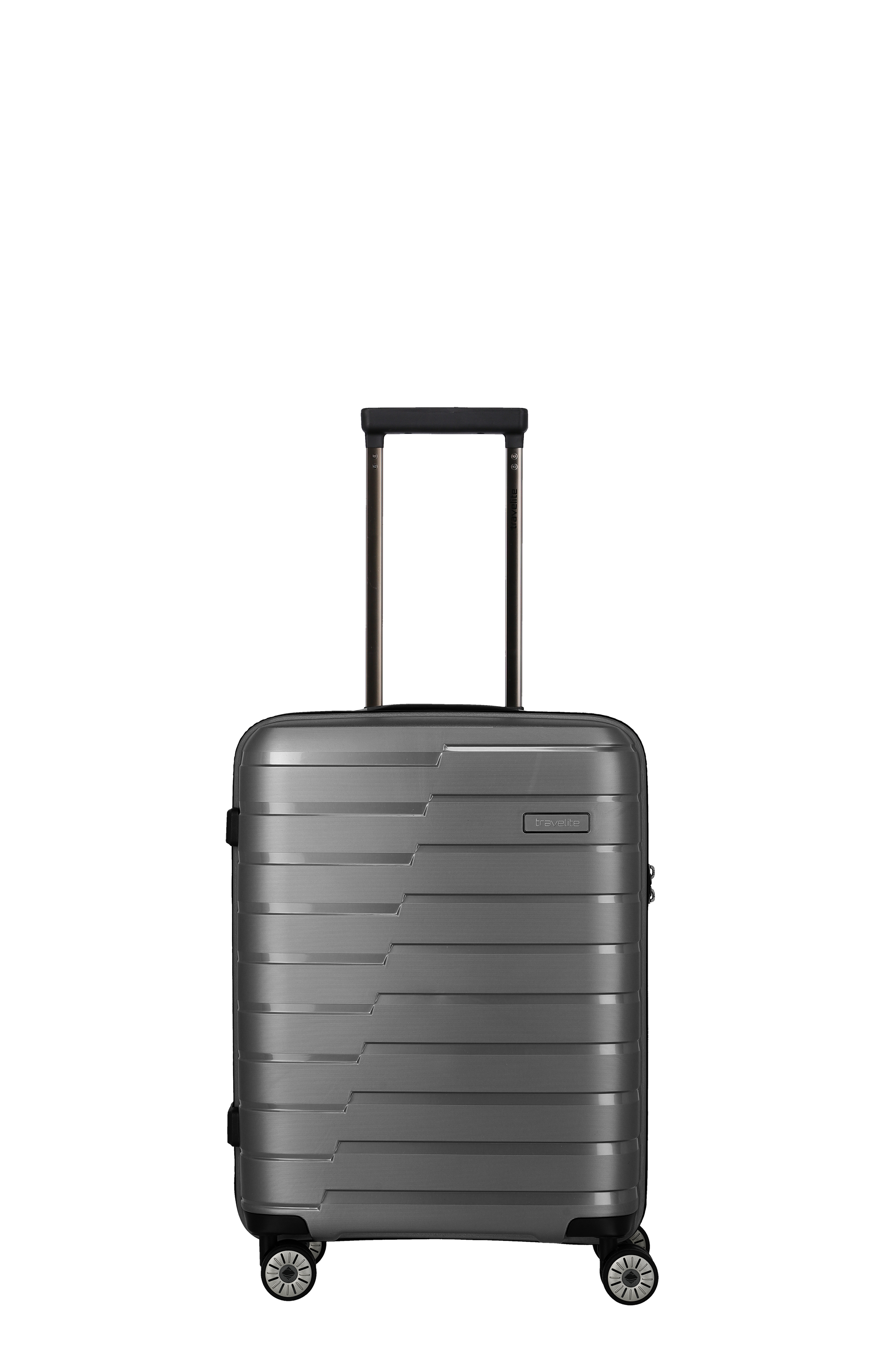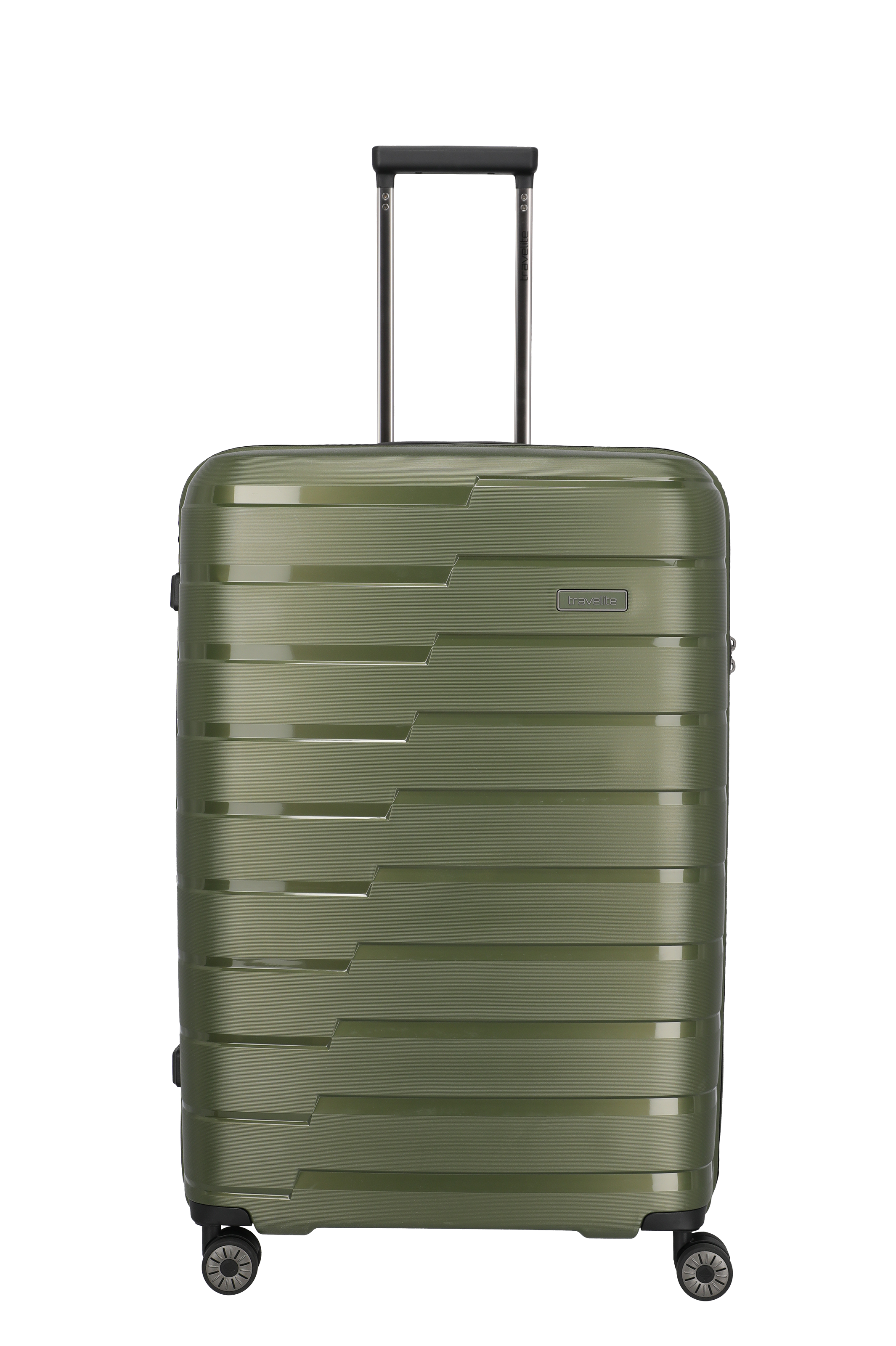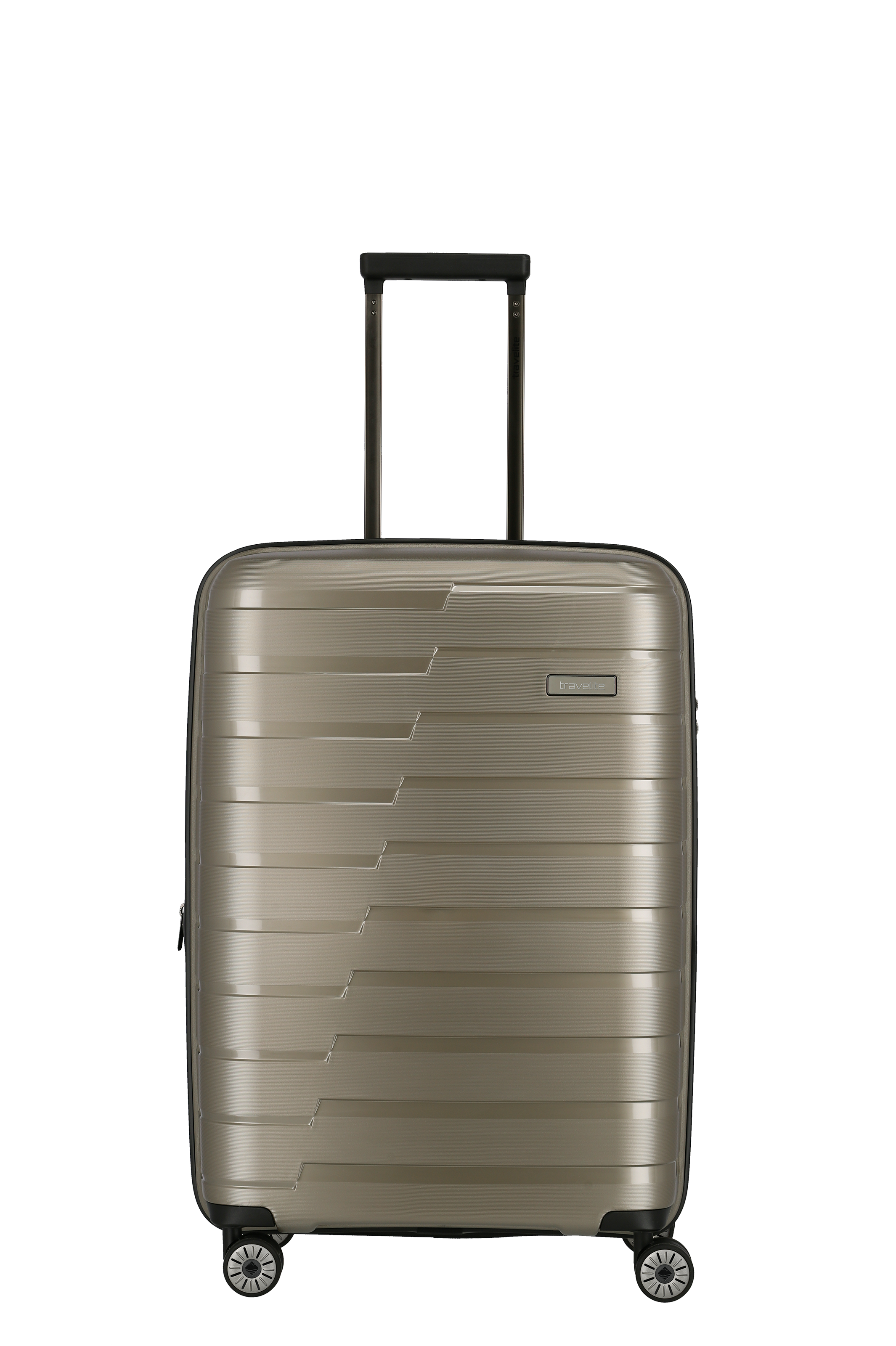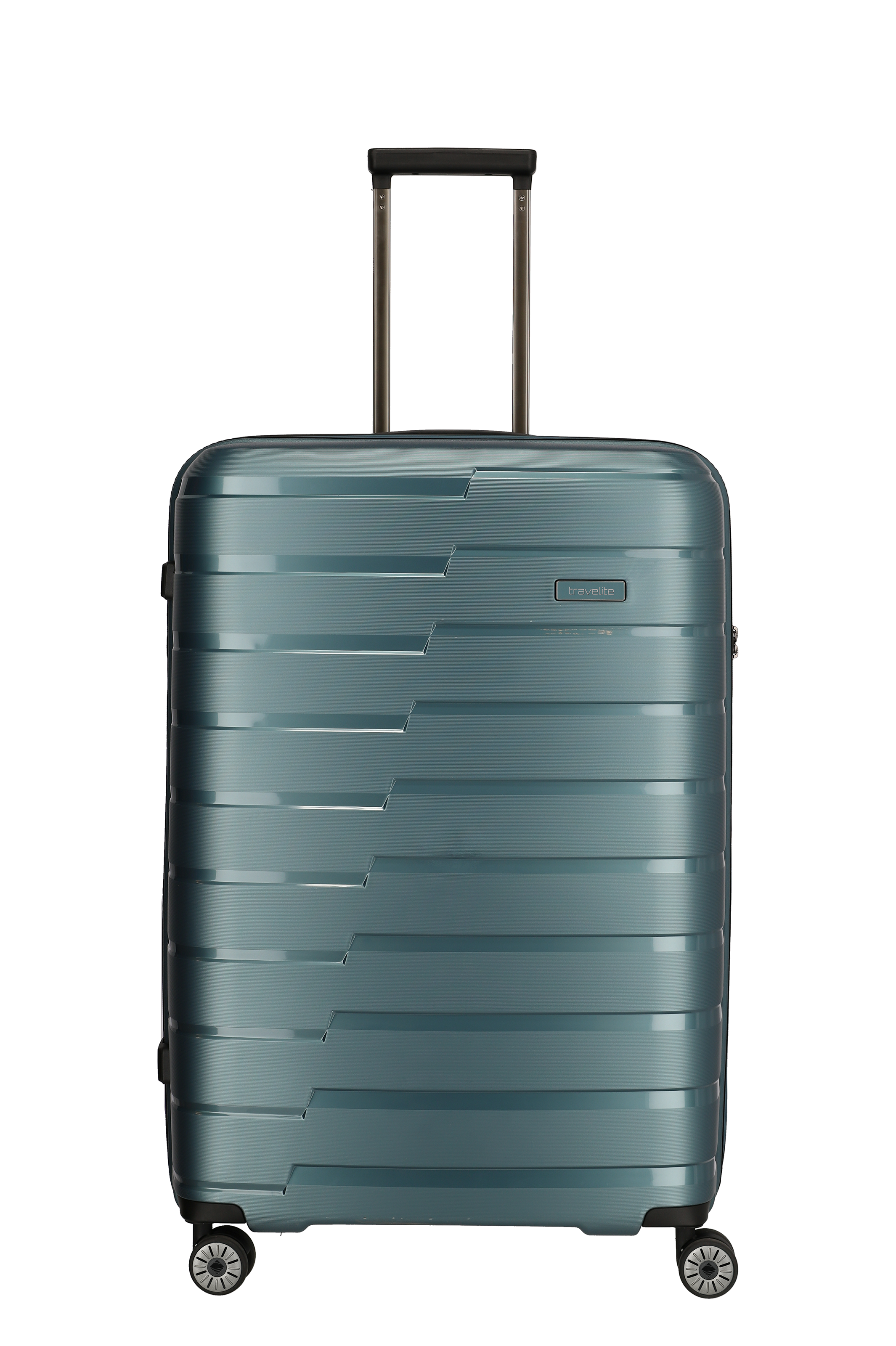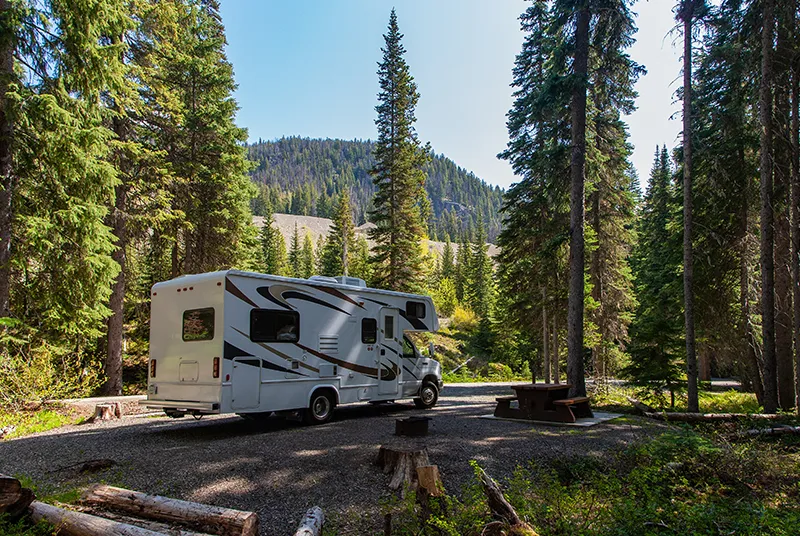

Holidays with a caravan: enjoy freedom on four wheels
Holidays with a caravan: enjoy freedom on four wheels
A holiday with a caravan means maximum flexibility, independence and a very special experience of nature. Whether on the coast, in the mountains or on idyllic lakes - with a caravan, you always have your home with you. But what makes the perfect caravan trip? Here you can find out everything you need to know for an unforgettable camping holiday.
The advantages of a holiday with a caravan
- Flexibility: Travel wherever you want and stay as long as you want.
- Cost savings: No need for expensive hotels or holiday flats.
- Close to nature: Wake up in the middle of nature and enjoy the freedom.
- Family-friendly: Ideal for travelling with children and pets.
- Comfort: Modern caravans offer a fully equipped kitchen, a cosy bed and often even a private bathroom.
The perfect preparation for your caravan holiday
To ensure that your camping trip goes smoothly, you should plan a few things in advance. A brief overview of the most important things:
- Plan your route and campsites: Plan your route and book campsites, especially in high season.
- Vehicle check: Check brakes, tyres, lights and clutch before setting off.
- Create a packing list: From crockery and camping furniture to tools - good preparation saves stress.
- Have your documents ready: Don't forget your driving licence, vehicle registration document, insurance papers and toll cards if applicable.
So that you can really start stress-free, here are some important steps to prepare your caravan holiday optimally and completely:
1. choose the right caravan
The first step in preparing for a caravan holiday is choosing the right vehicle. Think about how much space you need, whether you prefer a small, compact model or a larger caravan that offers more comfort and storage space. Also think about the number of travellers and their needs. If you don't yet have your own caravan, you can either buy or rent one. When renting, you should make sure that the caravan has all the necessary amenities such as a functioning kitchen, a bathroom and sufficient storage space for luggage.
2. check your driving licence and the towing vehicle
If you drive your own vehicle, check whether your driving licence is sufficient to drive a caravan and trailer combination. In Germany, you need a category BE driving licence to tow a caravan that weighs more than 750 kg (with a total weight of up to 3.5 tonnes). Also make sure that your car is suitable for towing the caravan and has sufficient towing capacity.
3. destinations and route planning
A caravan holiday offers maximum flexibility, but it is important to find out about destinations and routes beforehand. Plan your route and research campsites and pitches along the way. Remember that not every campsite is suitable for caravans. Look out for pitches that offer sufficient space and the necessary infrastructure such as electricity, water and waste water disposal.
4. booking a campsite
Many campsites are very well booked, especially in the high season. To make sure you get a pitch, you should book your pitches in advance, especially if you are travelling to a popular destination. It can otherwise be difficult to find a suitable pitch, especially in popular holiday regions or during holiday periods.
5. check the caravan's equipment
Before you set off, you should make sure that your caravan is fully equipped and that all important functions are working. Check that:
- The gas cylinder(s) are full and securely connected
- The refrigerator is working and sufficient coolant is available
- The electronics such as lighting and chargers are working
- The heating and water pump are running properly
- All windows and doors are tight
- The sanitary facilities (if available) are clean and in working order
Remember to pack all the necessary accessories such as extension cables, adapters for power connections, water hose and waste water hose.
6 Packing for a caravan holiday
Packing for a caravan holiday is not much different from preparing for a normal camping holiday, but you should pay particular attention to the limited storage space.
Soft luggage, such as practical travel bags or weekenders, is particularly recommended here: they are easier to stack, can be stowed flexibly in cupboards or under benches and adapt better to the available space than rigid suitcases. This allows you to pack more efficiently and stay mobile at the same time.
Discover our selection of travel bags and soft luggage - ideal for travelling in a camper.
Make sure you have everything you need for everyday life:
- Cooking utensils: pots, pans, cutlery, plates and glasses
- Food supplies: food for travelling and longer stays (make sure you have enough space for storage)
- Bed linen and towels: blankets, pillows and sleeping bags or bed linen for the beds
- Toiletries: Shampoo, soap, toothbrush and an emergency health kit
- Camping furniture: folding chairs, table and possibly an awning or sunshade
Entertainment: books, games, music or other things for your leisure activities
Packing list for a caravan holiday with children
Good planning is particularly important when travelling with children in a caravan so that everyone feels comfortable and can enjoy their time. Here is a packing list for your holiday with the little ones.
Important documents
- Passport or identity card for each child
- Health insurance card for each family member
- Emergency contacts
- Any medical certificates for the children (if required)
- Vehicle documents
Children's clothing
- Comfortable clothing for the day (T-shirts, trousers, leggings)
- Clothing for the evening (jumpers, jackets)
- Rainwear (rain jackets, wellies)
- pyjamas for the children
- Swimwear (swimming costumes, bathrobes, water wings or swimming aids)
- Socks, hats and gloves depending on the weather
- Cuddly toys or blankets for sleeping
Entertainment and toys
- Colouring books, pencils and craft materials
- Small toys (e.g. dolls, cars, building blocks)
- Board games or card games
- Books or audio books
- Beach toys (shovel, bucket)
- Portable games consoles or tablets for travelling
Food preparation for children
- Snacks suitable for children (fruit, muesli bars, biscuits)
- Bottles or drinking cups for on the go
- Children's cutlery, cups and plates
- Baby porridge (for very small children) or other specially required food
- Baby bottles (if still needed) and steriliser
- Cool box for dairy products and fresh food
- Thermos flask for hot drinks
Care products for children
- Nappies and wet wipes (for infants)
- Baby cream and baby powder
- Sun protection for children's skin (children's sun cream, sunglasses, hat)
- Insect repellent for children
- First-aid kit (clinical thermometer, painkillers, plasters, ointment)
- Toothbrushes and toothpaste for children
Caravan equipment for children
- Travel cot or travel cot mattress (if necessary)
- High chair or seat cushion for the dining area
- Safety devices in the caravan (e.g. child safety locks on cupboards)
- Small children's chairs or stools
- Children's car seats (if not available)
Technical devices
- Tablets or mobile phones for entertainment (with child-friendly apps)
- Headphones for children
- Chargers for all devices
Other items
- Cuddly blanket or favourite toy
- Pushchair or buggy for outings
- Swimming aids (for the water)
- Small torch for the children
- Travel towels (child size)
- Emergency numbers and contact details for children
Additional tips:
- Pack a small bag for each child with the most important things (e.g. snacks, toys, change of clothes) that can be accessed quickly while travelling.
- Remember to take enough breaks to give the children enough exercise and fresh air.
- If possible, choose a camping-friendly site that offers child-friendly facilities such as playgrounds and safe areas to run around.
- Prepare yourself with our tips for long car journeys.
7 Preparing for driving with a caravan
Driving a caravan requires more attention and an adapted driving style. You should make sure that you familiarise yourself with the trailer and are safety-conscious when driving:
- Driving technique: Make sure that you hitch the caravan safely to your vehicle. Practise parking and manoeuvring if you have little experience of driving a caravan.
- Vehicle weight and speed: Be aware of the permitted speed for caravans and the higher weight of the vehicle, which affects braking and handling.
- Tip: When travelling with a caravan, it is advisable to take regular breaks to stay safe and refreshed.
8. emergency planning
Even if you are well prepared, something unforeseen can always happen. Pack an emergency kit with important items such as:
- Spare tyre and jack
- First aid kit
- torch
- Tool kit for minor repairs
- Jumper cables
- Documents such as insurance policies and passports
9. keep an eye on weather conditions
Weather conditions can vary greatly during a caravan holiday, so keep an eye on the weather forecast to prepare for possible changes. In some regions it can get very hot, while in other places it can get cold during the night. Adapt your clothing and camping strategy to the local weather conditions.
Buy or rent a caravan? The costs at a glance
Whether you should buy or rent a caravan depends on your travel plans and budget:
- Rent: A good choice for occasional campers or beginners. Rental costs vary depending on the model and season, but average between 50 and 120 euros per day.
- Buying: Travelling regularly with a caravan can save you money in the long term. A new caravan costs between 10,000 and 50,000 euros, while used models are often available for as little as 5,000 euros.
- Running costs: In addition to the purchase price, there are expenses for insurance, parking space, maintenance and possible repairs.
The most beautiful destinations for a caravan holiday
A holiday with a caravan means pure freedom - you decide where you want to go, which landscape you want to discover and how long you want to stay in one place. Whether you want to relax on the coast, hike in the mountains or experience culture in picturesque villages - the world is your campsite. We have put together the most beautiful destinations for you, offering unforgettable experiences for experienced caravan travellers and beginners alike. Pack your bags, strap on your caravan and discover these fantastic places!
Germany: Baltic Sea, Black Forest or the Bavarian Alps offer fantastic pitches
Germany has a variety of beautiful campsites that are perfect for a caravan holiday. The Baltic Sea with its fine sandy beaches, the Black Forest with its idyllic forests and the Bavarian Alps with their breathtaking panoramas offer you everything a camper's heart desires.
Italy: Lake Garda and Tuscany are popular destinations for caravan fans
Italy is a paradise for caravan travellers. The picturesque Lake Garda beckons with its dreamy shores, while Tuscany awaits you with its rolling hills and charming villages. Here you can experience culinary delights and enjoy the beautiful countryside at the same time.
France: The Côte d'Azur and Brittany entice you with dreamlike landscapes
France offers a wide range of camping options for caravan lovers. The Côte d'Azur with its beautiful beaches and the wild, unspoilt countryside of Brittany are ideal destinations for a relaxing break in a caravan.
Scandinavia: Those who love adventure will enjoy Norway and Sweden with their unspoilt nature
Scandinavia is a true paradise for adventure seekers. Norway and Sweden offer unspoilt nature, breathtaking fjords and vast forests. These destinations are perfect for anyone who wants to enjoy the freedom and beauty of nature to the full on a caravan holiday.
Holidays with a caravan: how to find the right campsite
Choosing the right campsite can make the difference between a relaxing holiday and a stressful experience. But how do you find the ideal campsite for your caravan holiday?
First of all, you should think about what type of campsite you prefer. Are you looking for peace and quiet and pure nature or are you more interested in being close to tourist attractions? If you opt for a campsite that is surrounded by nature, you should look out for good connections to hiking or cycling trails. For beach lovers, a campsite right by the sea or lake is the best choice. Especially near the coast, many campsites offer additional leisure activities such as boat trips or beach volleyball.
Another important point when choosing the right campsite is the facilities. Most caravan owners need pitches with electricity to power their appliances such as a fridge, heating or lighting. You should also make sure that the campsite has water connections and a waste water disposal station. Sanitary facilities such as showers and toilets are also important, especially for longer stays.
For many campers, the size of the campsite also plays a role. Larger pitches often offer more amenities such as restaurants, supermarkets or even leisure facilities such as swimming pools or sports facilities. Smaller campsites, on the other hand, offer a quieter atmosphere and more privacy. The choice therefore depends entirely on your personal preferences and the needs of your trip.
When looking for the right campsite, it helps to consult the experiences of other campers. Review platforms such as Camping.info or Park4Night offer detailed user reviews that can give you a good impression of the advantages and disadvantages of a campsite. Here you will not only find reviews of the facilities and location, but also information on cleanliness, staff service and leisure facilities.
It is also important to book your pitch in advance, especially in the high season. Many popular campsites are quickly fully booked during the summer months or on public holidays. If you book your pitch in good time, you can ensure that you can enjoy your holiday without stress and unpleasant surprises. Early booking is a must, especially for popular destinations such as the south of Europe or well-known holiday regions.
Camping tips for a relaxing holiday
- Use space efficiently: Use foldable furniture and multipurpose items.
- Keep an eye on electricity & water: Many campsites offer connections, but a self-sufficient solution such as a solar system is handy.
- Safety first: A fire extinguisher, first aid kit and good insurance are essential.
- Respect other campers: pay attention to rest periods and keep your pitch clean.
Rooftop tent as a caravan alternative: advantages and disadvantages
Advantages of a roof tent
- Comfort and freedom in the smallest of spaces: a roof tent allows you to enjoy the freedom and independence of a camping trip without having to carry a lot of space or weight around with you. It is quick to set up and offers good sleeping comfort, especially if you are travelling on campsites or in the countryside.
- Lightweight and compact: Compared to a caravan, a roof tent is much lighter and more compact. It is simply mounted on the roof of your car and can therefore be transported quickly and easily. This means less fuel consumption and no additional trailer costs.
- Cheaper: Rooftop tents are generally cheaper than caravans. Depending on the model, they cost between 1,000 and 4,000 euros, while a caravan can quickly cost 10,000 euros or more. So if you are only travelling occasionally, a roof tent is a cost-effective alternative.
- Close to nature: With a rooftop tent, you are even closer to nature. You sleep directly under the stars and are also better protected against insects and the weather than if you spend the night in a tent on the ground.
- Flexibility: As a rooftop tent can be set up and taken down quickly and easily, you have the flexibility to drive to new places quickly and spend the night anywhere without having to rely on campsites. Even in cities or on remote roads, you can park anywhere and set up camp for the night.
Disadvantages of a roof tent
- Lack of space: Compared to a caravan, the space in a roof tent is very limited. There is no room for a kitchen, bathroom or much storage space. If you need more comfort and space, a caravan might be the better choice.
- Setting up and taking down: Setting up a rooftop tent requires a little more effort than staying in a fixed caravan. You have to unfold the tent on the roof of the car and take it down again after the night, which means extra effort, especially in bad weather.
- Weather dependency: Rooftop tents generally offer less protection from extreme weather conditions such as heavy rain or cold than a caravan. In very bad weather, it can also become unpleasantly damp or windy in the tent.
- Access to the tent: While caravans are usually entered with a normal door, with a roof tent you have to use a ladder to get into the tent. This may be less practical for people with limited mobility or in bad weather.
A roof tent is particularly suitable for:
- Adventurous travellers who want to be flexible and spontaneous when travelling.
- Couples or small groups who don't need luxury but appreciate comfort and being close to nature.
- Thrifty campers who want to avoid the cost of a caravan but still want a comfortable bed and protection from insects.
The choice between a rooftop tent and a caravan depends entirely on your personal needs and destination. If you're looking for maximum flexibility and independence and can get by with minimal comfort, a rooftop tent could be the perfect solution. However, if you need more space, a permanent home on wheels and additional comforts such as a kitchen or bathroom, a caravan is probably the better choice. Both options offer unique experiences, and it depends on what is more important to you during your holiday - adventure and flexibility or comfort and convenience.
Conclusion: caravan holidays for unforgettable experiences
A holiday with a caravan offers adventure, freedom and a close connection to nature. With the right planning and equipment, nothing stands in the way of a relaxed camping experience. Whether alone, with a partner or family - travelling on four wheels is guaranteed to be unforgettable!
A holiday with a caravan means maximum flexibility, independence and a very special experience of nature. Whether on the coast, in the mountains or on idyllic lakes - with a caravan, you always have your home with you. But what makes the perfect caravan trip? Here you can find out everything you need to know for an unforgettable camping holiday.
The advantages of a holiday with a caravan
- Flexibility: Travel wherever you want and stay as long as you want.
- Cost savings: No need for expensive hotels or holiday flats.
- Close to nature: Wake up in the middle of nature and enjoy the freedom.
- Family-friendly: Ideal for travelling with children and pets.
- Comfort: Modern caravans offer a fully equipped kitchen, a cosy bed and often even a private bathroom.
The perfect preparation for your caravan holiday
To ensure that your camping trip goes smoothly, you should plan a few things in advance. A brief overview of the most important things:
- Plan your route and campsites: Plan your route and book campsites, especially in high season.
- Vehicle check: Check brakes, tyres, lights and clutch before setting off.
- Create a packing list: From crockery and camping furniture to tools - good preparation saves stress.
- Have your documents ready: Don't forget your driving licence, vehicle registration document, insurance papers and toll cards if applicable.
So that you can really start stress-free, here are some important steps to prepare your caravan holiday optimally and completely:
1. choose the right caravan
The first step in preparing for a caravan holiday is choosing the right vehicle. Think about how much space you need, whether you prefer a small, compact model or a larger caravan that offers more comfort and storage space. Also think about the number of travellers and their needs. If you don't yet have your own caravan, you can either buy or rent one. When renting, you should make sure that the caravan has all the necessary amenities such as a functioning kitchen, a bathroom and sufficient storage space for luggage.
2. check your driving licence and the towing vehicle
If you drive your own vehicle, check whether your driving licence is sufficient to drive a caravan and trailer combination. In Germany, you need a category BE driving licence to tow a caravan that weighs more than 750 kg (with a total weight of up to 3.5 tonnes). Also make sure that your car is suitable for towing the caravan and has sufficient towing capacity.
3. destinations and route planning
A caravan holiday offers maximum flexibility, but it is important to find out about destinations and routes beforehand. Plan your route and research campsites and pitches along the way. Remember that not every campsite is suitable for caravans. Look out for pitches that offer sufficient space and the necessary infrastructure such as electricity, water and waste water disposal.
4. booking a campsite
Many campsites are very well booked, especially in the high season. To make sure you get a pitch, you should book your pitches in advance, especially if you are travelling to a popular destination. It can otherwise be difficult to find a suitable pitch, especially in popular holiday regions or during holiday periods.
5. check the caravan's equipment
Before you set off, you should make sure that your caravan is fully equipped and that all important functions are working. Check that:
- The gas cylinder(s) are full and securely connected
- The refrigerator is working and sufficient coolant is available
- The electronics such as lighting and chargers are working
- The heating and water pump are running properly
- All windows and doors are tight
- The sanitary facilities (if available) are clean and in working order
Remember to pack all the necessary accessories such as extension cables, adapters for power connections, water hose and waste water hose.
6 Packing for a caravan holiday
Packing for a caravan holiday is not much different from preparing for a normal camping holiday, but you should pay particular attention to the limited storage space.
Soft luggage, such as practical travel bags or weekenders, is particularly recommended here: they are easier to stack, can be stowed flexibly in cupboards or under benches and adapt better to the available space than rigid suitcases. This allows you to pack more efficiently and stay mobile at the same time.
Discover our selection of travel bags and soft luggage - ideal for travelling in a camper.
Make sure you have everything you need for everyday life:
- Cooking utensils: pots, pans, cutlery, plates and glasses
- Food supplies: food for travelling and longer stays (make sure you have enough space for storage)
- Bed linen and towels: blankets, pillows and sleeping bags or bed linen for the beds
- Toiletries: Shampoo, soap, toothbrush and an emergency health kit
- Camping furniture: folding chairs, table and possibly an awning or sunshade
Entertainment: books, games, music or other things for your leisure activities
Packing list for a caravan holiday with children
Good planning is particularly important when travelling with children in a caravan so that everyone feels comfortable and can enjoy their time. Here is a packing list for your holiday with the little ones.
Important documents
- Passport or identity card for each child
- Health insurance card for each family member
- Emergency contacts
- Any medical certificates for the children (if required)
- Vehicle documents
Children's clothing
- Comfortable clothing for the day (T-shirts, trousers, leggings)
- Clothing for the evening (jumpers, jackets)
- Rainwear (rain jackets, wellies)
- pyjamas for the children
- Swimwear (swimming costumes, bathrobes, water wings or swimming aids)
- Socks, hats and gloves depending on the weather
- Cuddly toys or blankets for sleeping
Entertainment and toys
- Colouring books, pencils and craft materials
- Small toys (e.g. dolls, cars, building blocks)
- Board games or card games
- Books or audio books
- Beach toys (shovel, bucket)
- Portable games consoles or tablets for travelling
Food preparation for children
- Snacks suitable for children (fruit, muesli bars, biscuits)
- Bottles or drinking cups for on the go
- Children's cutlery, cups and plates
- Baby porridge (for very small children) or other specially required food
- Baby bottles (if still needed) and steriliser
- Cool box for dairy products and fresh food
- Thermos flask for hot drinks
Care products for children
- Nappies and wet wipes (for infants)
- Baby cream and baby powder
- Sun protection for children's skin (children's sun cream, sunglasses, hat)
- Insect repellent for children
- First-aid kit (clinical thermometer, painkillers, plasters, ointment)
- Toothbrushes and toothpaste for children
Caravan equipment for children
- Travel cot or travel cot mattress (if necessary)
- High chair or seat cushion for the dining area
- Safety devices in the caravan (e.g. child safety locks on cupboards)
- Small children's chairs or stools
- Children's car seats (if not available)
Technical devices
- Tablets or mobile phones for entertainment (with child-friendly apps)
- Headphones for children
- Chargers for all devices
Other items
- Cuddly blanket or favourite toy
- Pushchair or buggy for outings
- Swimming aids (for the water)
- Small torch for the children
- Travel towels (child size)
- Emergency numbers and contact details for children
Additional tips:
- Pack a small bag for each child with the most important things (e.g. snacks, toys, change of clothes) that can be accessed quickly while travelling.
- Remember to take enough breaks to give the children enough exercise and fresh air.
- If possible, choose a camping-friendly site that offers child-friendly facilities such as playgrounds and safe areas to run around.
- Prepare yourself with our tips for long car journeys.
7 Preparing for driving with a caravan
Driving a caravan requires more attention and an adapted driving style. You should make sure that you familiarise yourself with the trailer and are safety-conscious when driving:
- Driving technique: Make sure that you hitch the caravan safely to your vehicle. Practise parking and manoeuvring if you have little experience of driving a caravan.
- Vehicle weight and speed: Be aware of the permitted speed for caravans and the higher weight of the vehicle, which affects braking and handling.
- Tip: When travelling with a caravan, it is advisable to take regular breaks to stay safe and refreshed.
8. emergency planning
Even if you are well prepared, something unforeseen can always happen. Pack an emergency kit with important items such as:
- Spare tyre and jack
- First aid kit
- torch
- Tool kit for minor repairs
- Jumper cables
- Documents such as insurance policies and passports
9. keep an eye on weather conditions
Weather conditions can vary greatly during a caravan holiday, so keep an eye on the weather forecast to prepare for possible changes. In some regions it can get very hot, while in other places it can get cold during the night. Adapt your clothing and camping strategy to the local weather conditions.
Buy or rent a caravan? The costs at a glance
Whether you should buy or rent a caravan depends on your travel plans and budget:
- Rent: A good choice for occasional campers or beginners. Rental costs vary depending on the model and season, but average between 50 and 120 euros per day.
- Buying: Travelling regularly with a caravan can save you money in the long term. A new caravan costs between 10,000 and 50,000 euros, while used models are often available for as little as 5,000 euros.
- Running costs: In addition to the purchase price, there are expenses for insurance, parking space, maintenance and possible repairs.
The most beautiful destinations for a caravan holiday
A holiday with a caravan means pure freedom - you decide where you want to go, which landscape you want to discover and how long you want to stay in one place. Whether you want to relax on the coast, hike in the mountains or experience culture in picturesque villages - the world is your campsite. We have put together the most beautiful destinations for you, offering unforgettable experiences for experienced caravan travellers and beginners alike. Pack your bags, strap on your caravan and discover these fantastic places!
Germany: Baltic Sea, Black Forest or the Bavarian Alps offer fantastic pitches
Germany has a variety of beautiful campsites that are perfect for a caravan holiday. The Baltic Sea with its fine sandy beaches, the Black Forest with its idyllic forests and the Bavarian Alps with their breathtaking panoramas offer you everything a camper's heart desires.
Italy: Lake Garda and Tuscany are popular destinations for caravan fans
Italy is a paradise for caravan travellers. The picturesque Lake Garda beckons with its dreamy shores, while Tuscany awaits you with its rolling hills and charming villages. Here you can experience culinary delights and enjoy the beautiful countryside at the same time.
France: The Côte d'Azur and Brittany entice you with dreamlike landscapes
France offers a wide range of camping options for caravan lovers. The Côte d'Azur with its beautiful beaches and the wild, unspoilt countryside of Brittany are ideal destinations for a relaxing break in a caravan.
Scandinavia: Those who love adventure will enjoy Norway and Sweden with their unspoilt nature
Scandinavia is a true paradise for adventure seekers. Norway and Sweden offer unspoilt nature, breathtaking fjords and vast forests. These destinations are perfect for anyone who wants to enjoy the freedom and beauty of nature to the full on a caravan holiday.
Holidays with a caravan: how to find the right campsite
Choosing the right campsite can make the difference between a relaxing holiday and a stressful experience. But how do you find the ideal campsite for your caravan holiday?
First of all, you should think about what type of campsite you prefer. Are you looking for peace and quiet and pure nature or are you more interested in being close to tourist attractions? If you opt for a campsite that is surrounded by nature, you should look out for good connections to hiking or cycling trails. For beach lovers, a campsite right by the sea or lake is the best choice. Especially near the coast, many campsites offer additional leisure activities such as boat trips or beach volleyball.
Another important point when choosing the right campsite is the facilities. Most caravan owners need pitches with electricity to power their appliances such as a fridge, heating or lighting. You should also make sure that the campsite has water connections and a waste water disposal station. Sanitary facilities such as showers and toilets are also important, especially for longer stays.
For many campers, the size of the campsite also plays a role. Larger pitches often offer more amenities such as restaurants, supermarkets or even leisure facilities such as swimming pools or sports facilities. Smaller campsites, on the other hand, offer a quieter atmosphere and more privacy. The choice therefore depends entirely on your personal preferences and the needs of your trip.
When looking for the right campsite, it helps to consult the experiences of other campers. Review platforms such as Camping.info or Park4Night offer detailed user reviews that can give you a good impression of the advantages and disadvantages of a campsite. Here you will not only find reviews of the facilities and location, but also information on cleanliness, staff service and leisure facilities.
It is also important to book your pitch in advance, especially in the high season. Many popular campsites are quickly fully booked during the summer months or on public holidays. If you book your pitch in good time, you can ensure that you can enjoy your holiday without stress and unpleasant surprises. Early booking is a must, especially for popular destinations such as the south of Europe or well-known holiday regions.
Camping tips for a relaxing holiday
- Use space efficiently: Use foldable furniture and multipurpose items.
- Keep an eye on electricity & water: Many campsites offer connections, but a self-sufficient solution such as a solar system is handy.
- Safety first: A fire extinguisher, first aid kit and good insurance are essential.
- Respect other campers: pay attention to rest periods and keep your pitch clean.
Rooftop tent as a caravan alternative: advantages and disadvantages
Advantages of a roof tent
- Comfort and freedom in the smallest of spaces: a roof tent allows you to enjoy the freedom and independence of a camping trip without having to carry a lot of space or weight around with you. It is quick to set up and offers good sleeping comfort, especially if you are travelling on campsites or in the countryside.
- Lightweight and compact: Compared to a caravan, a roof tent is much lighter and more compact. It is simply mounted on the roof of your car and can therefore be transported quickly and easily. This means less fuel consumption and no additional trailer costs.
- Cheaper: Rooftop tents are generally cheaper than caravans. Depending on the model, they cost between 1,000 and 4,000 euros, while a caravan can quickly cost 10,000 euros or more. So if you are only travelling occasionally, a roof tent is a cost-effective alternative.
- Close to nature: With a rooftop tent, you are even closer to nature. You sleep directly under the stars and are also better protected against insects and the weather than if you spend the night in a tent on the ground.
- Flexibility: As a rooftop tent can be set up and taken down quickly and easily, you have the flexibility to drive to new places quickly and spend the night anywhere without having to rely on campsites. Even in cities or on remote roads, you can park anywhere and set up camp for the night.
Disadvantages of a roof tent
- Lack of space: Compared to a caravan, the space in a roof tent is very limited. There is no room for a kitchen, bathroom or much storage space. If you need more comfort and space, a caravan might be the better choice.
- Setting up and taking down: Setting up a rooftop tent requires a little more effort than staying in a fixed caravan. You have to unfold the tent on the roof of the car and take it down again after the night, which means extra effort, especially in bad weather.
- Weather dependency: Rooftop tents generally offer less protection from extreme weather conditions such as heavy rain or cold than a caravan. In very bad weather, it can also become unpleasantly damp or windy in the tent.
- Access to the tent: While caravans are usually entered with a normal door, with a roof tent you have to use a ladder to get into the tent. This may be less practical for people with limited mobility or in bad weather.
A roof tent is particularly suitable for:
- Adventurous travellers who want to be flexible and spontaneous when travelling.
- Couples or small groups who don't need luxury but appreciate comfort and being close to nature.
- Thrifty campers who want to avoid the cost of a caravan but still want a comfortable bed and protection from insects.
The choice between a rooftop tent and a caravan depends entirely on your personal needs and destination. If you're looking for maximum flexibility and independence and can get by with minimal comfort, a rooftop tent could be the perfect solution. However, if you need more space, a permanent home on wheels and additional comforts such as a kitchen or bathroom, a caravan is probably the better choice. Both options offer unique experiences, and it depends on what is more important to you during your holiday - adventure and flexibility or comfort and convenience.
Conclusion: caravan holidays for unforgettable experiences
A holiday with a caravan offers adventure, freedom and a close connection to nature. With the right planning and equipment, nothing stands in the way of a relaxed camping experience. Whether alone, with a partner or family - travelling on four wheels is guaranteed to be unforgettable!
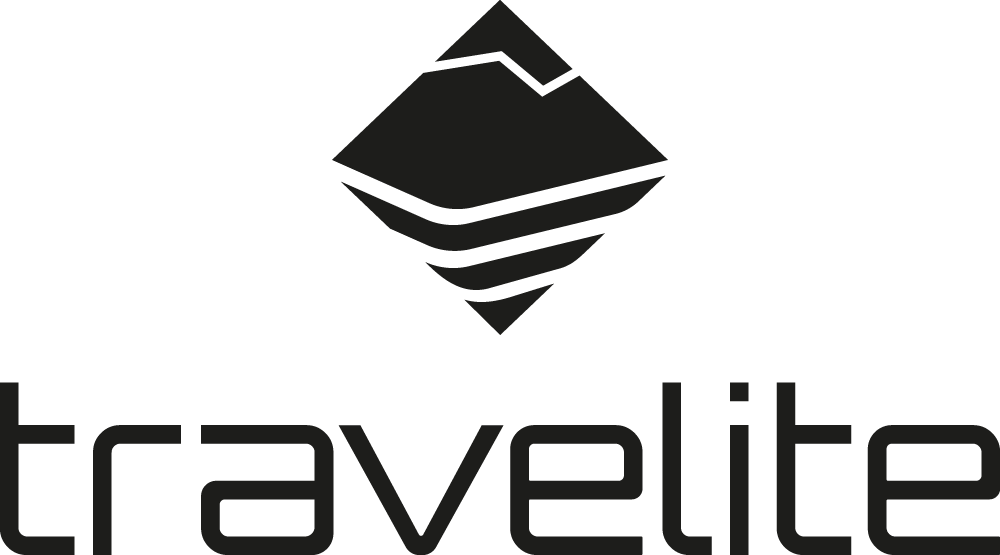
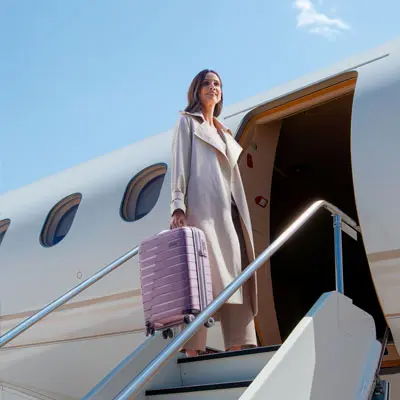
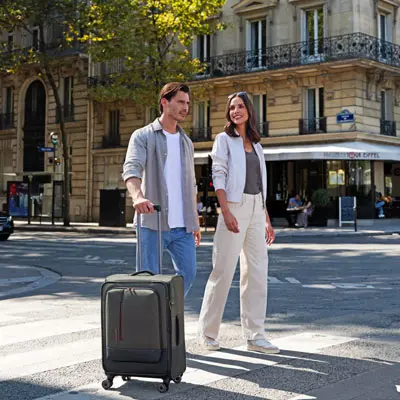
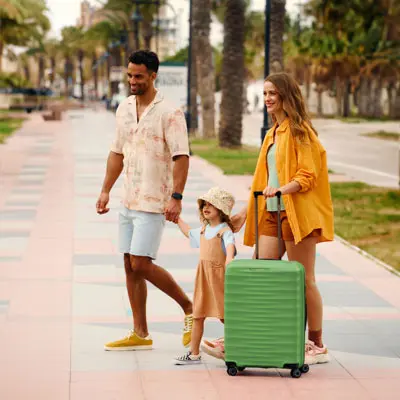

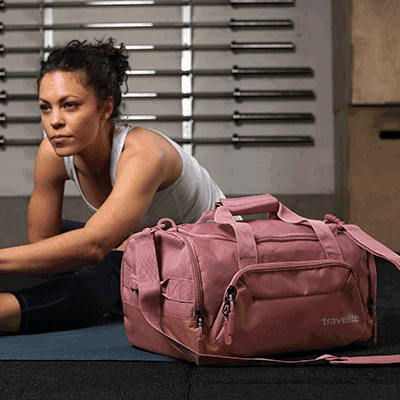
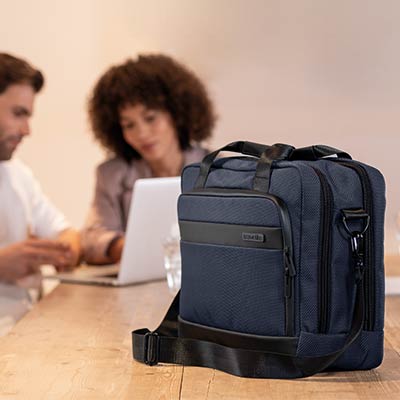
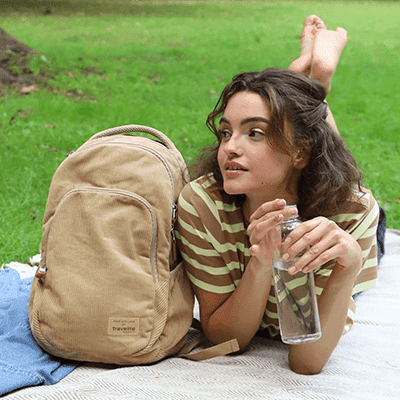
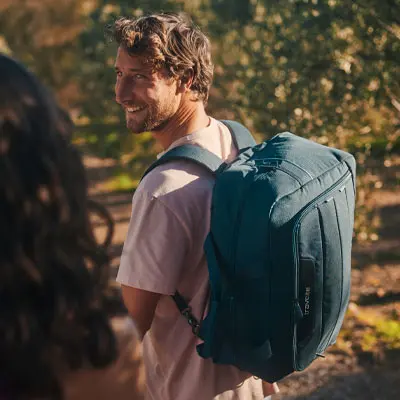

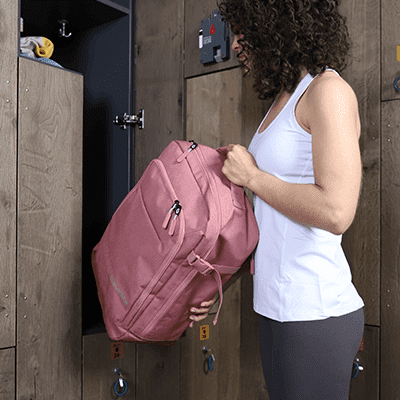
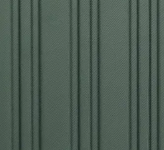
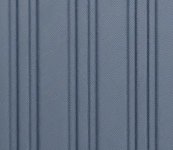

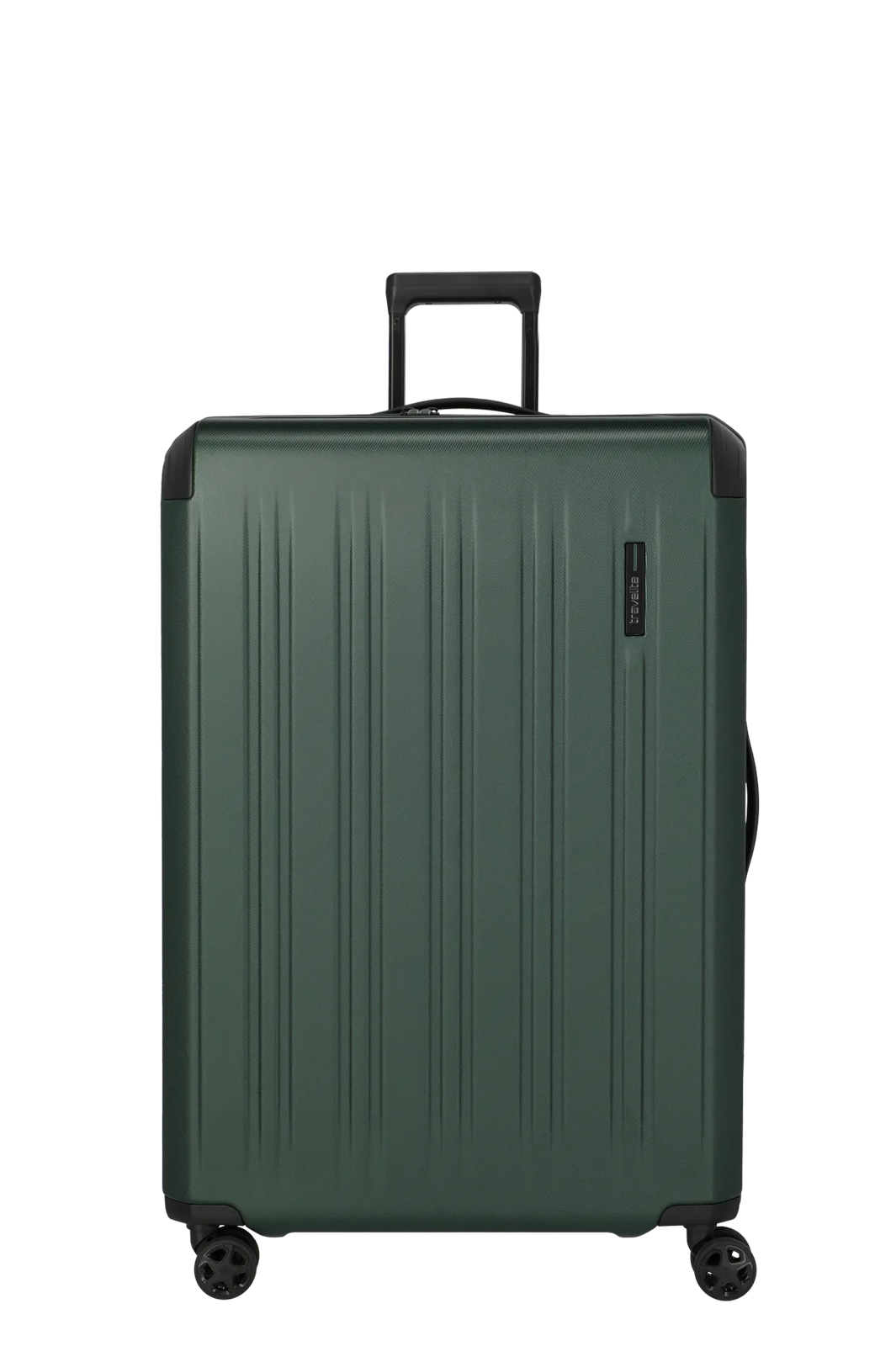

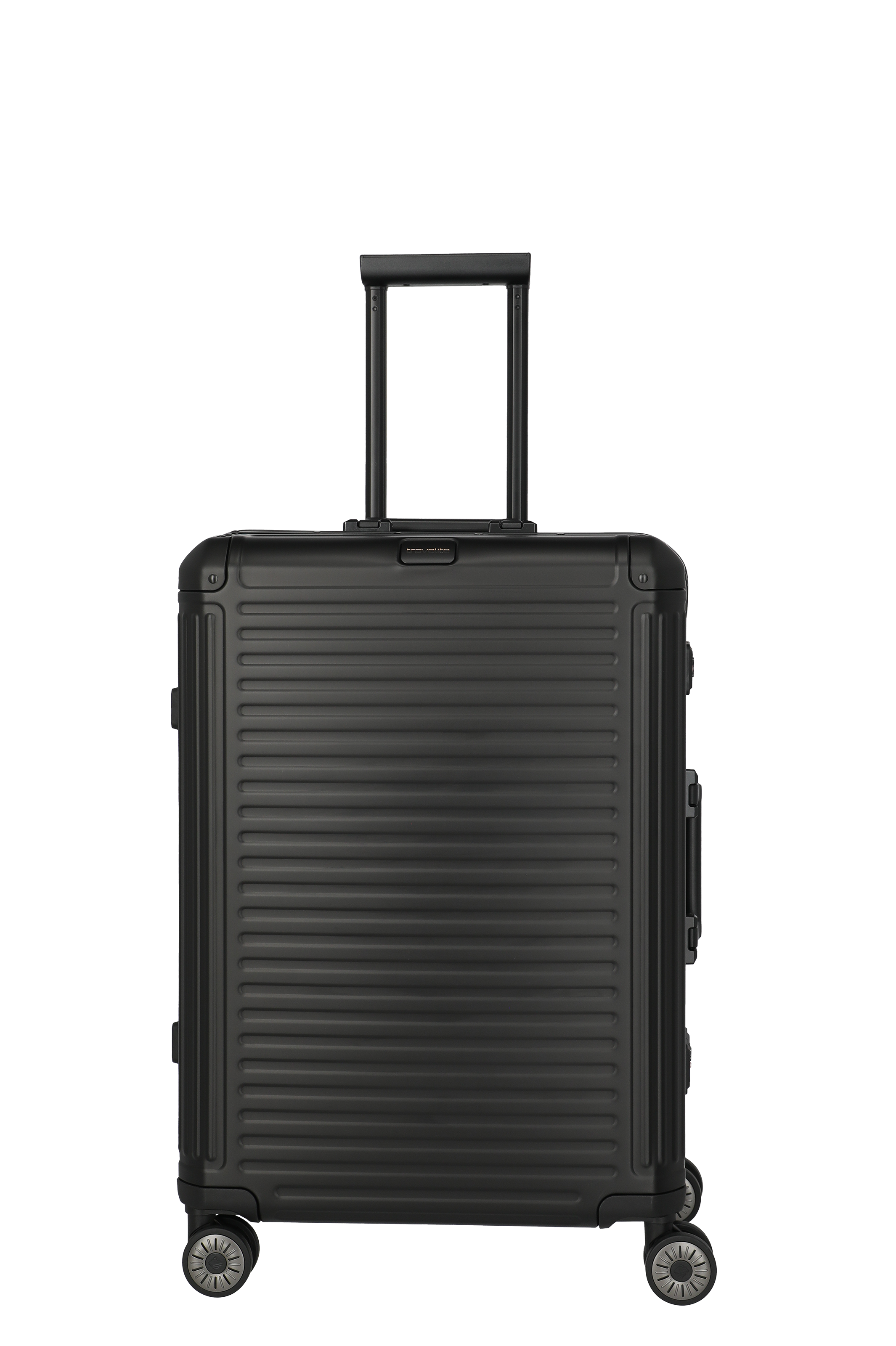
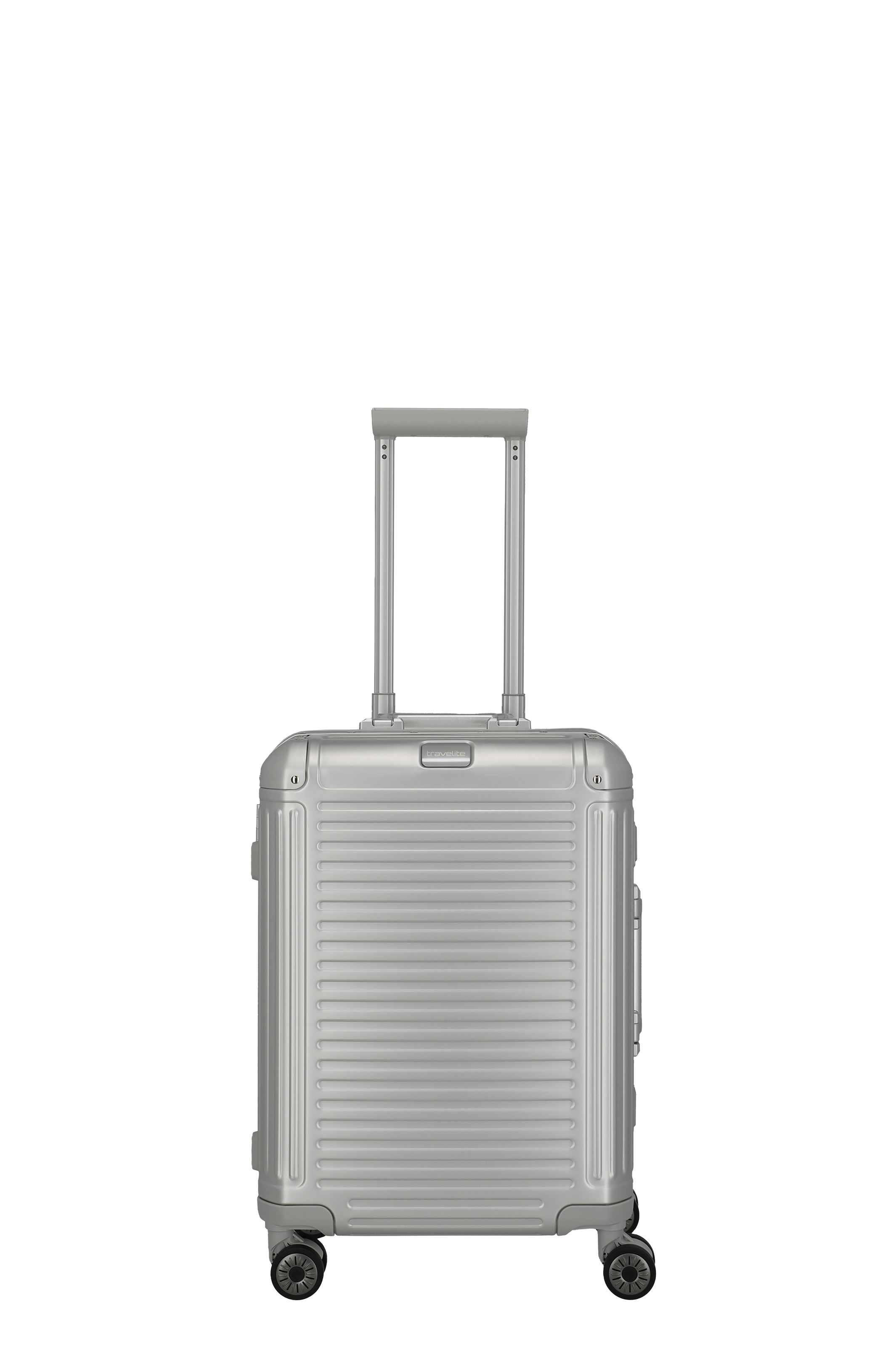
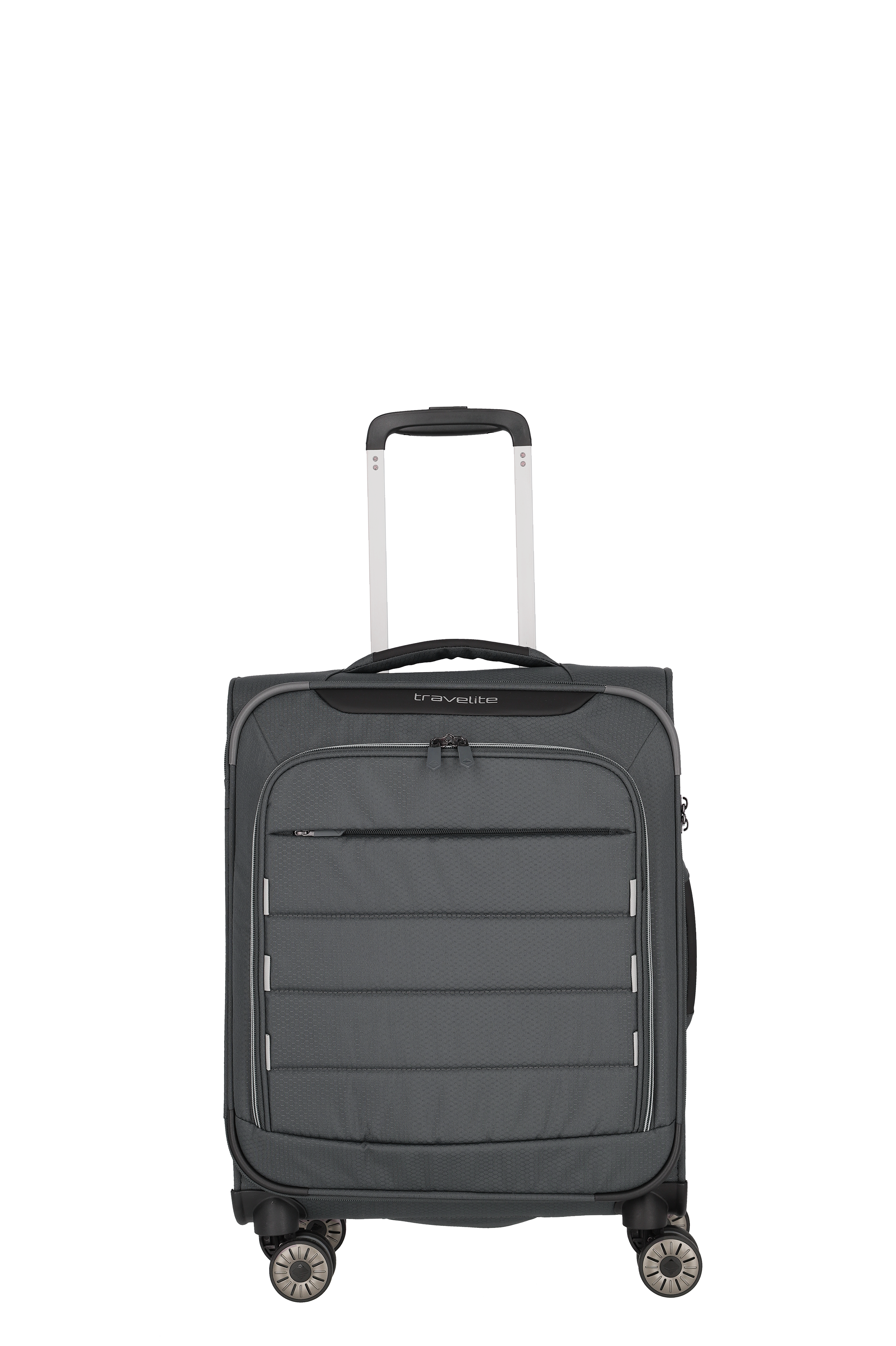
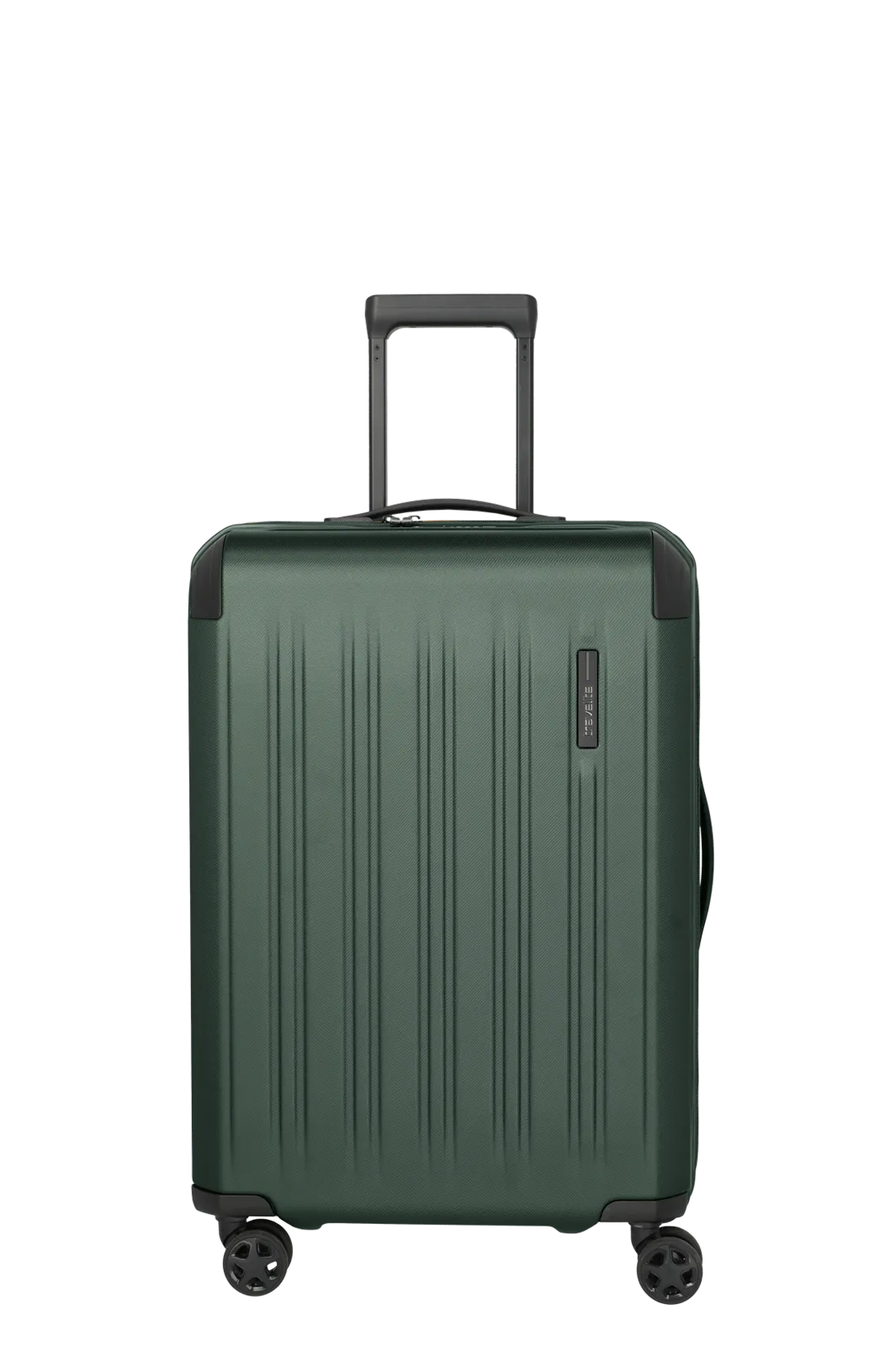




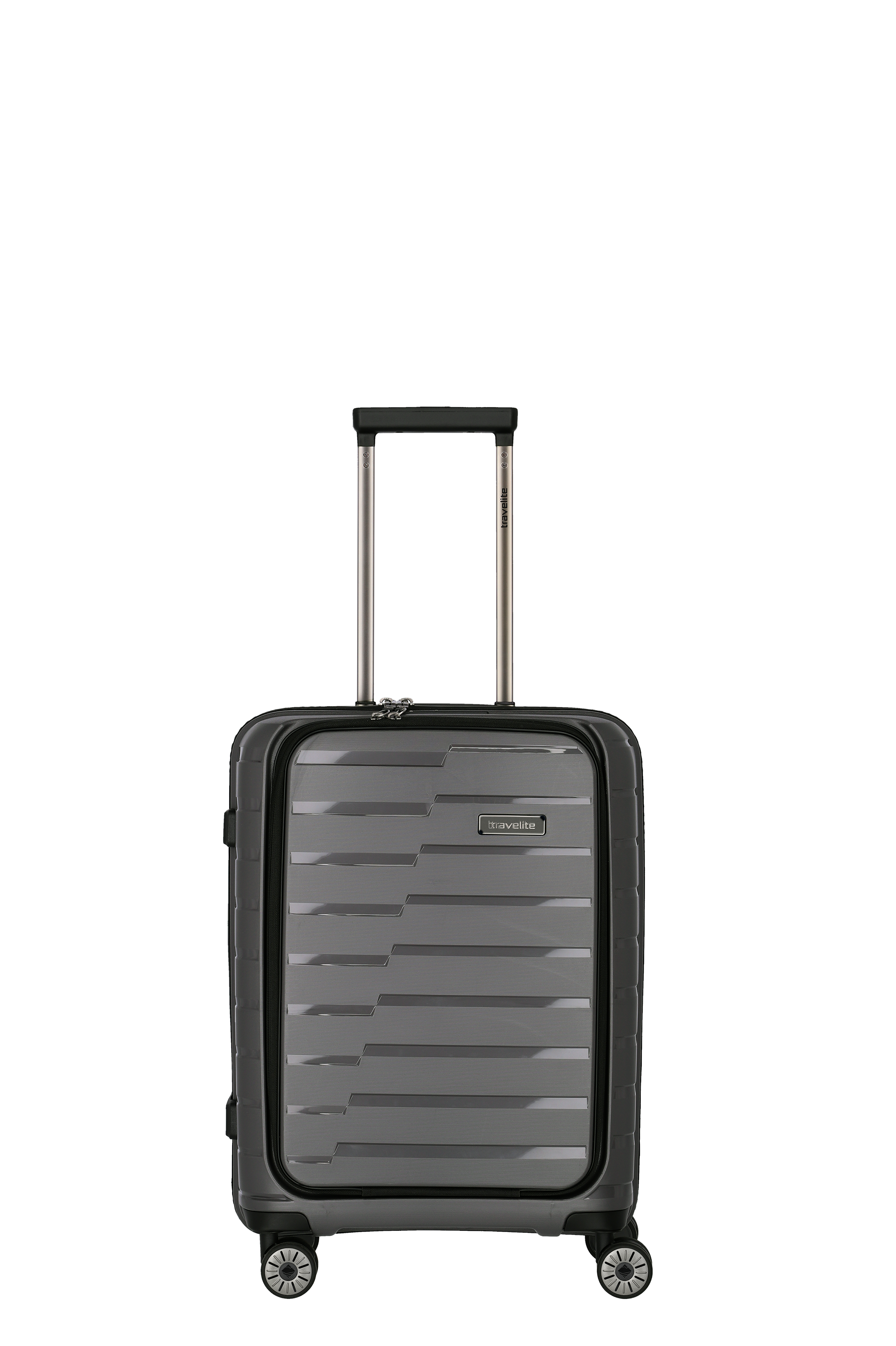
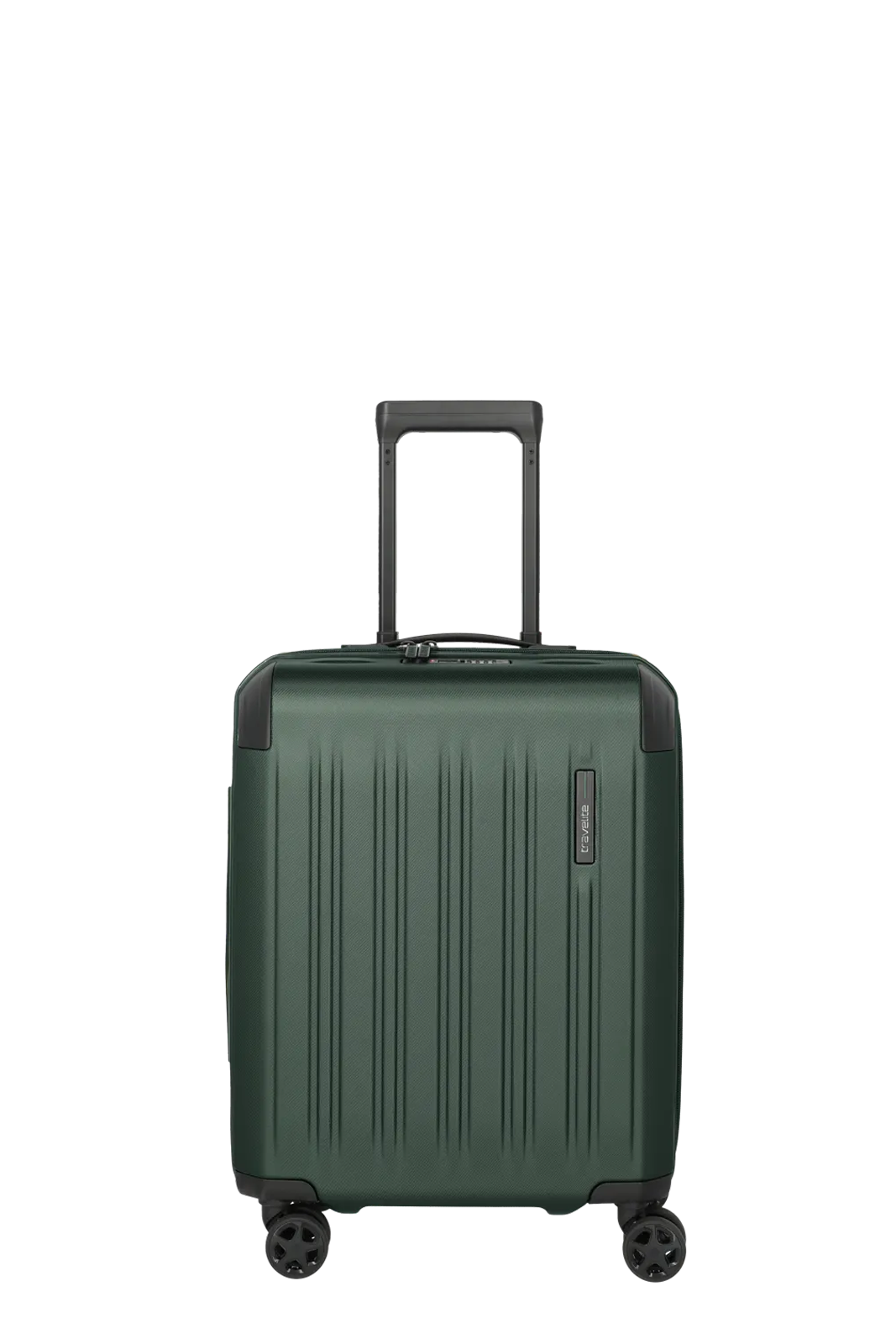
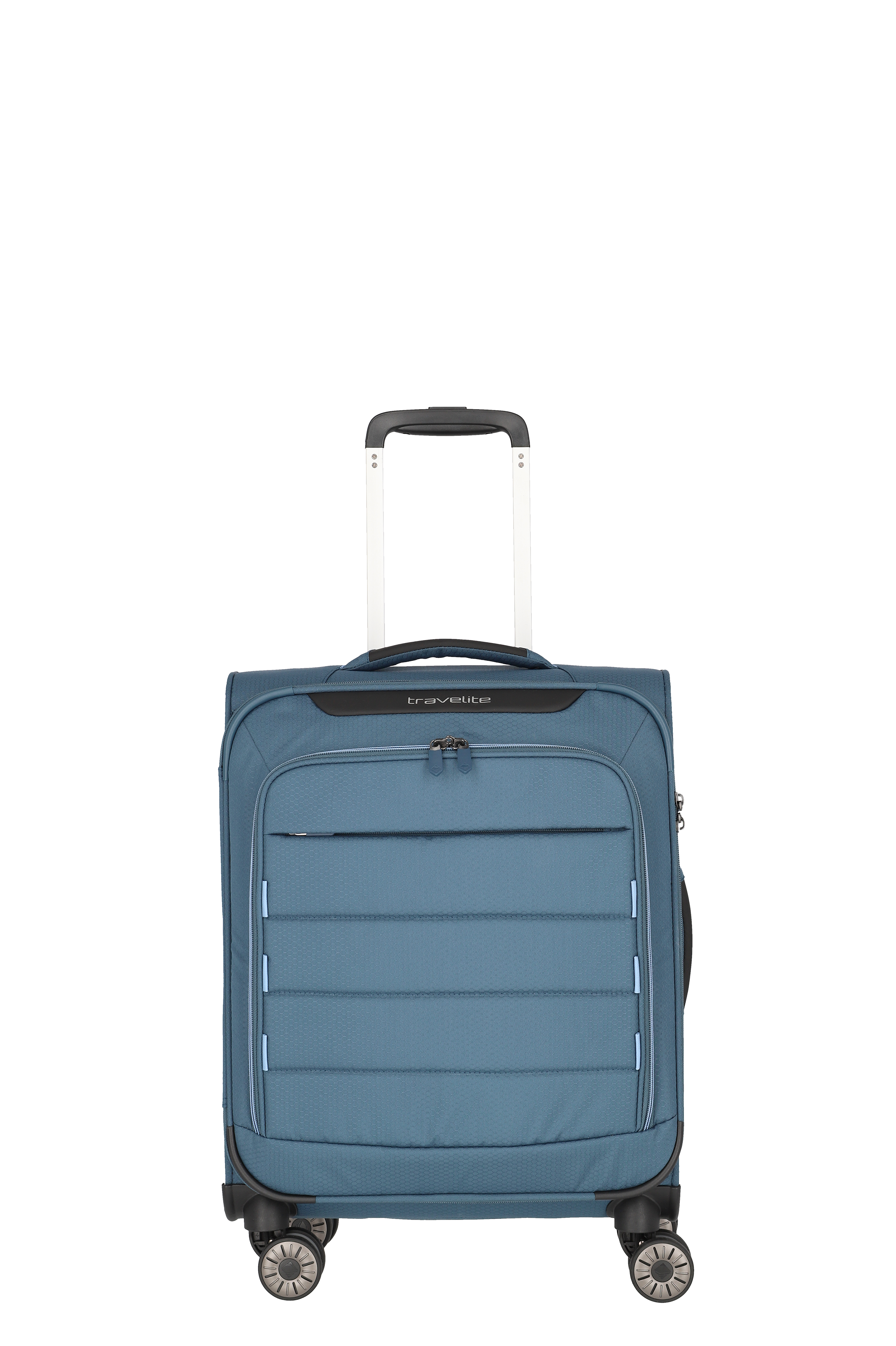
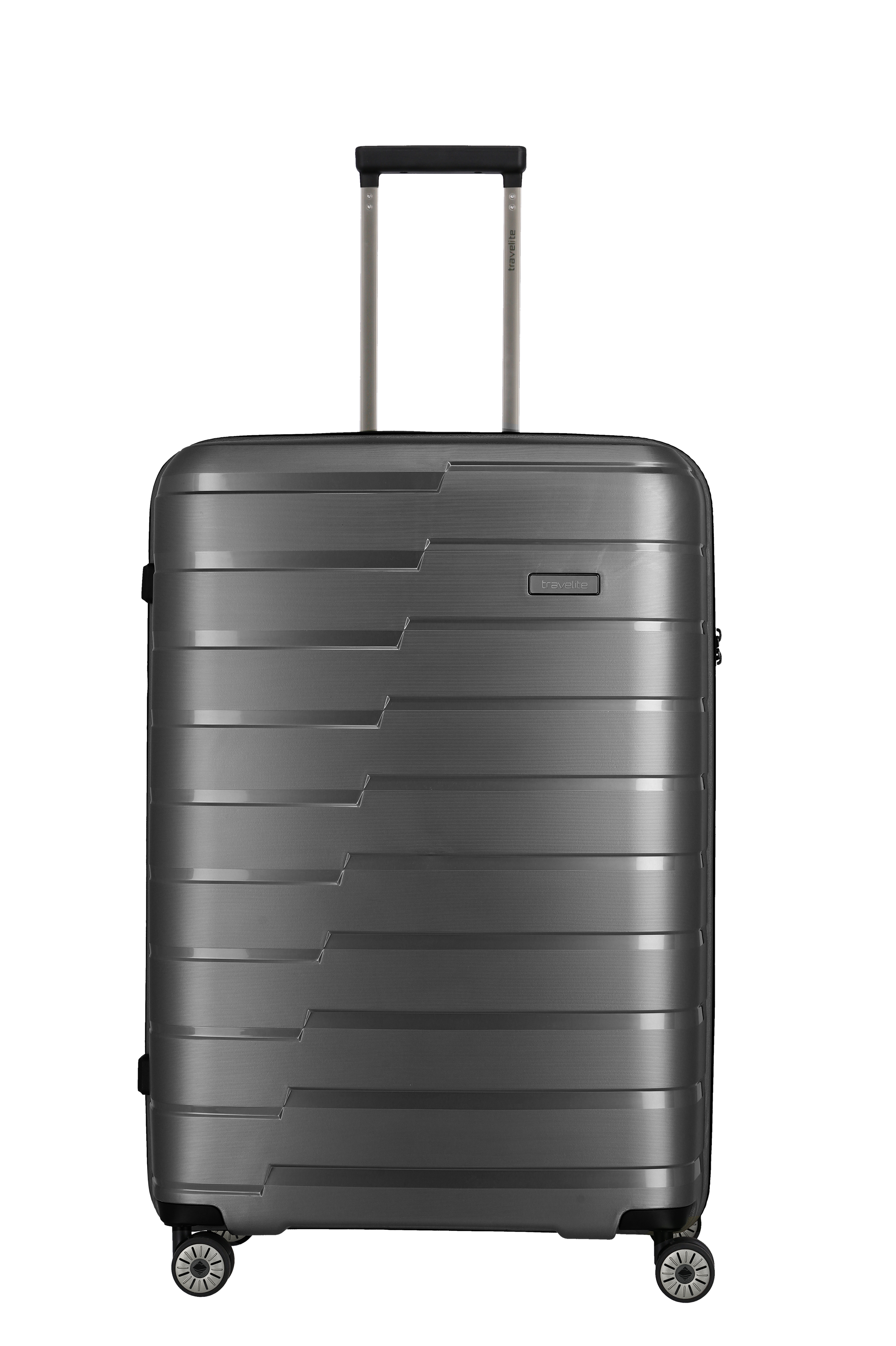
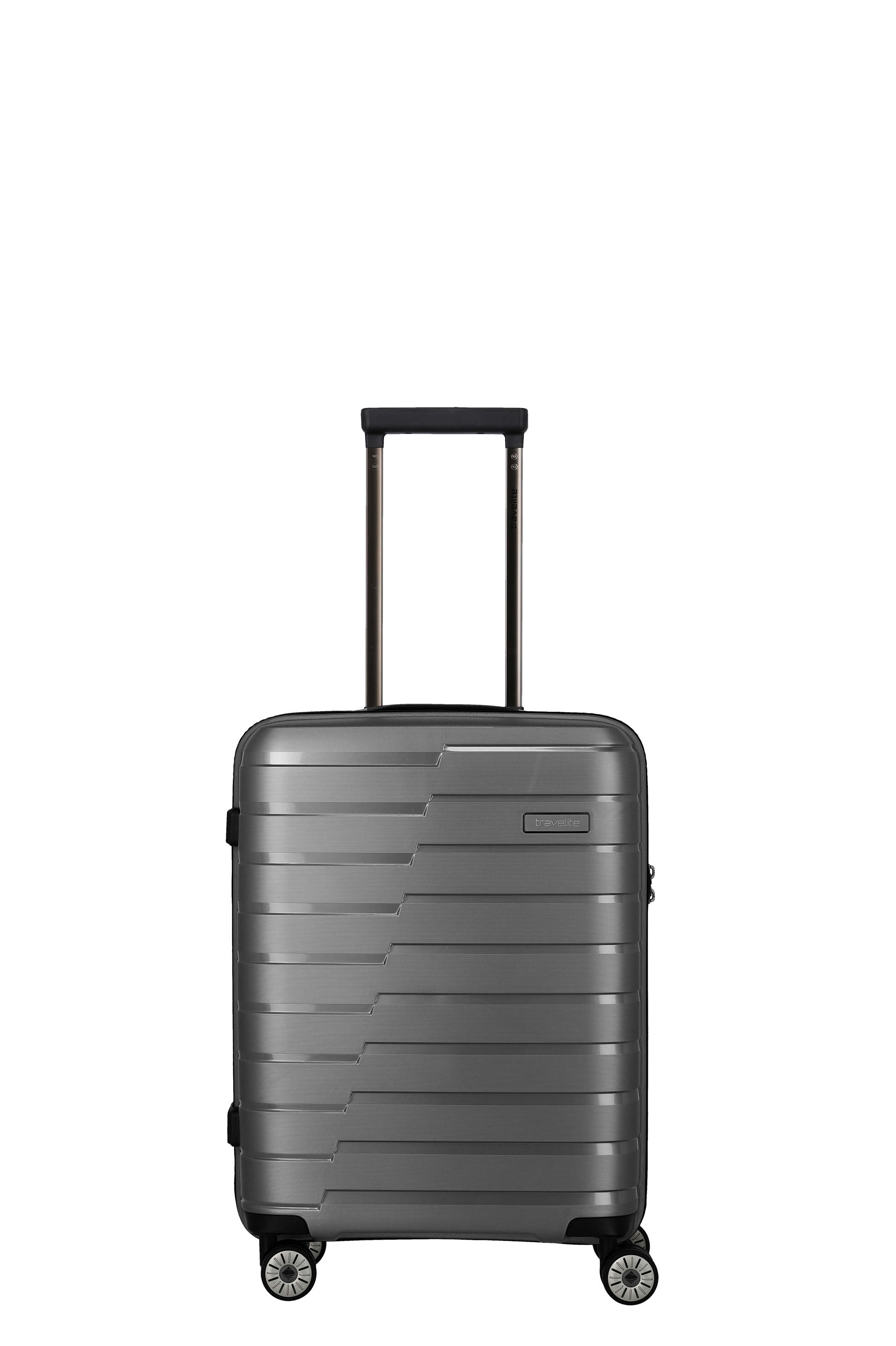
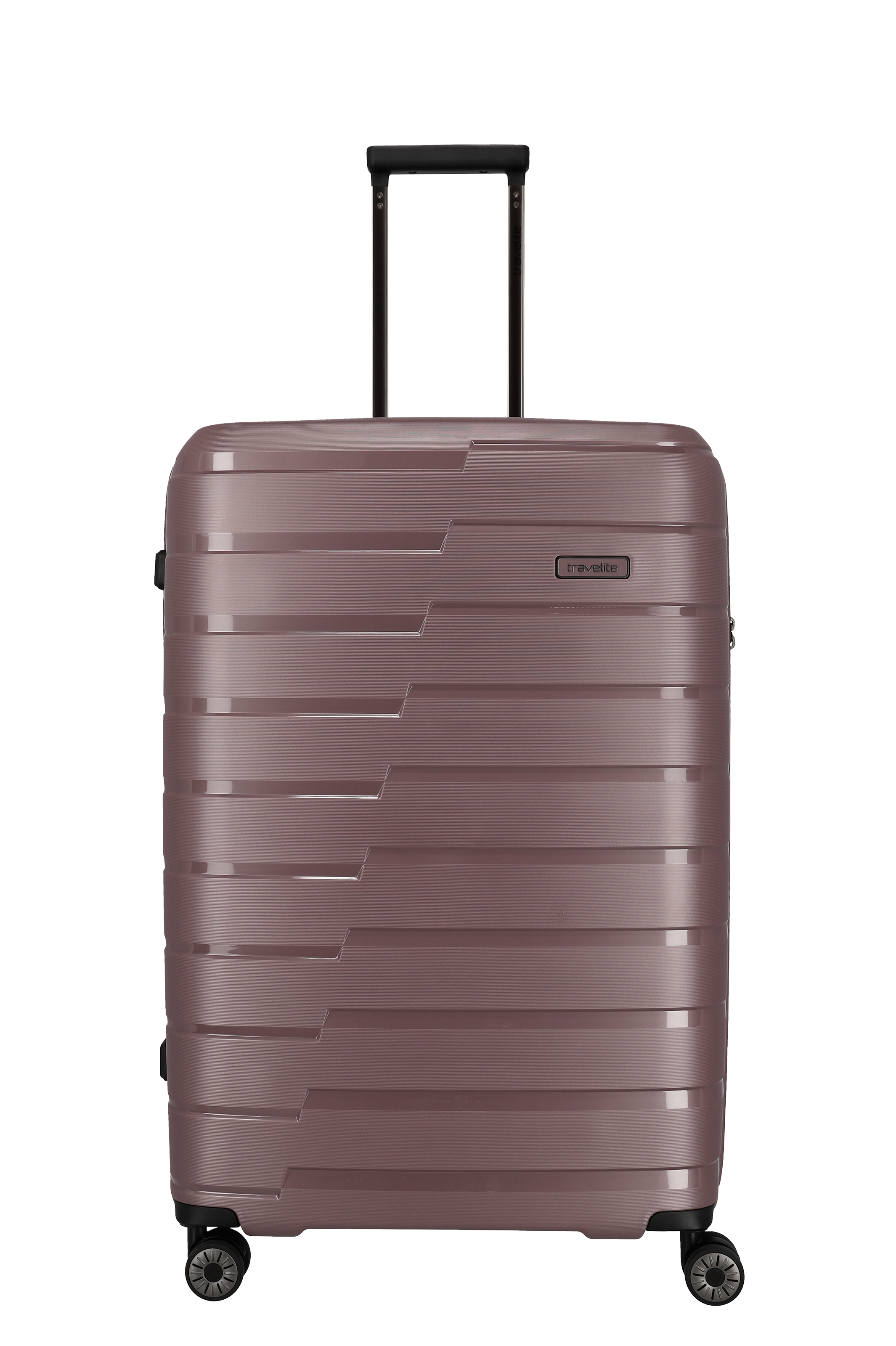
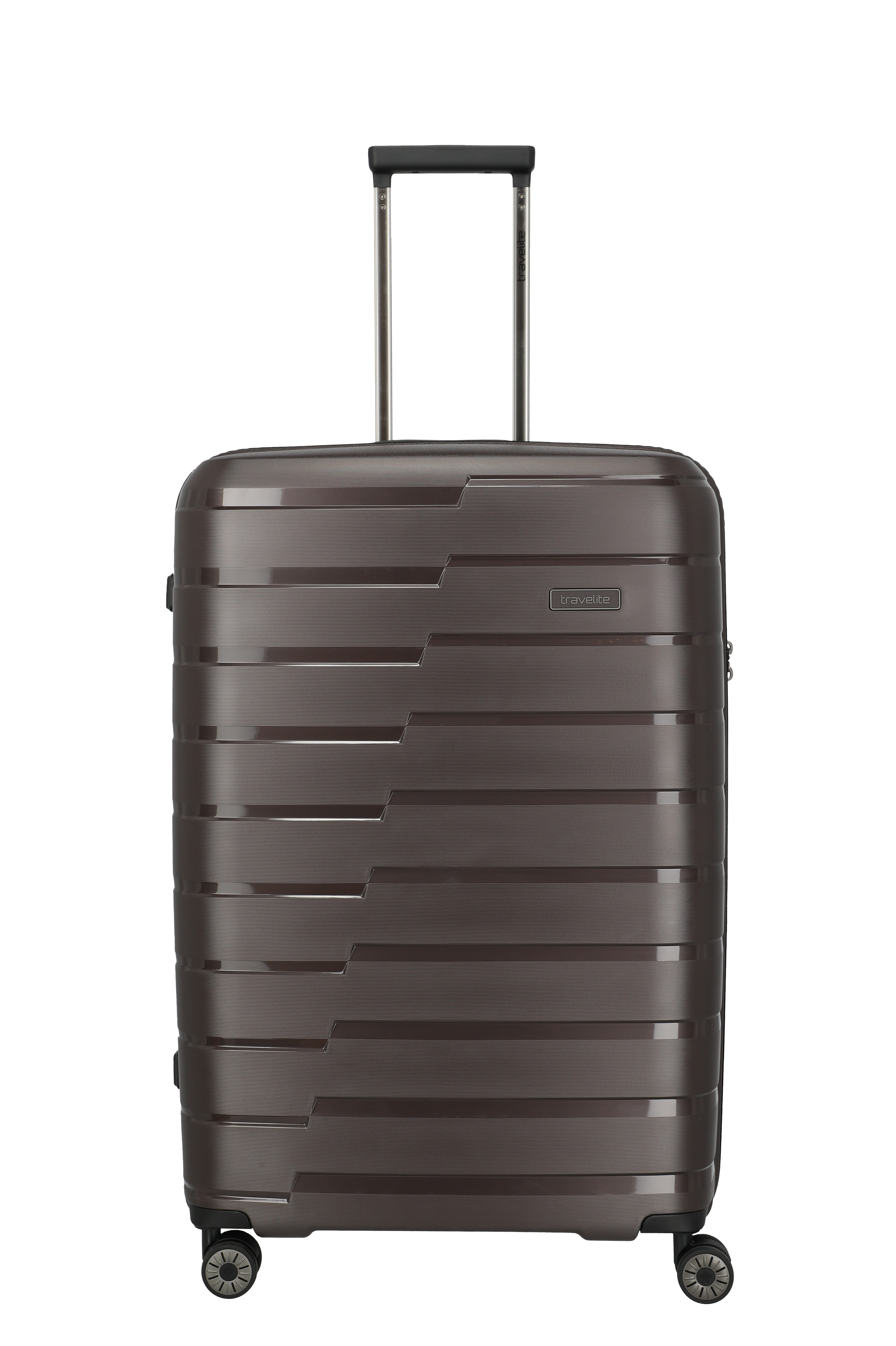
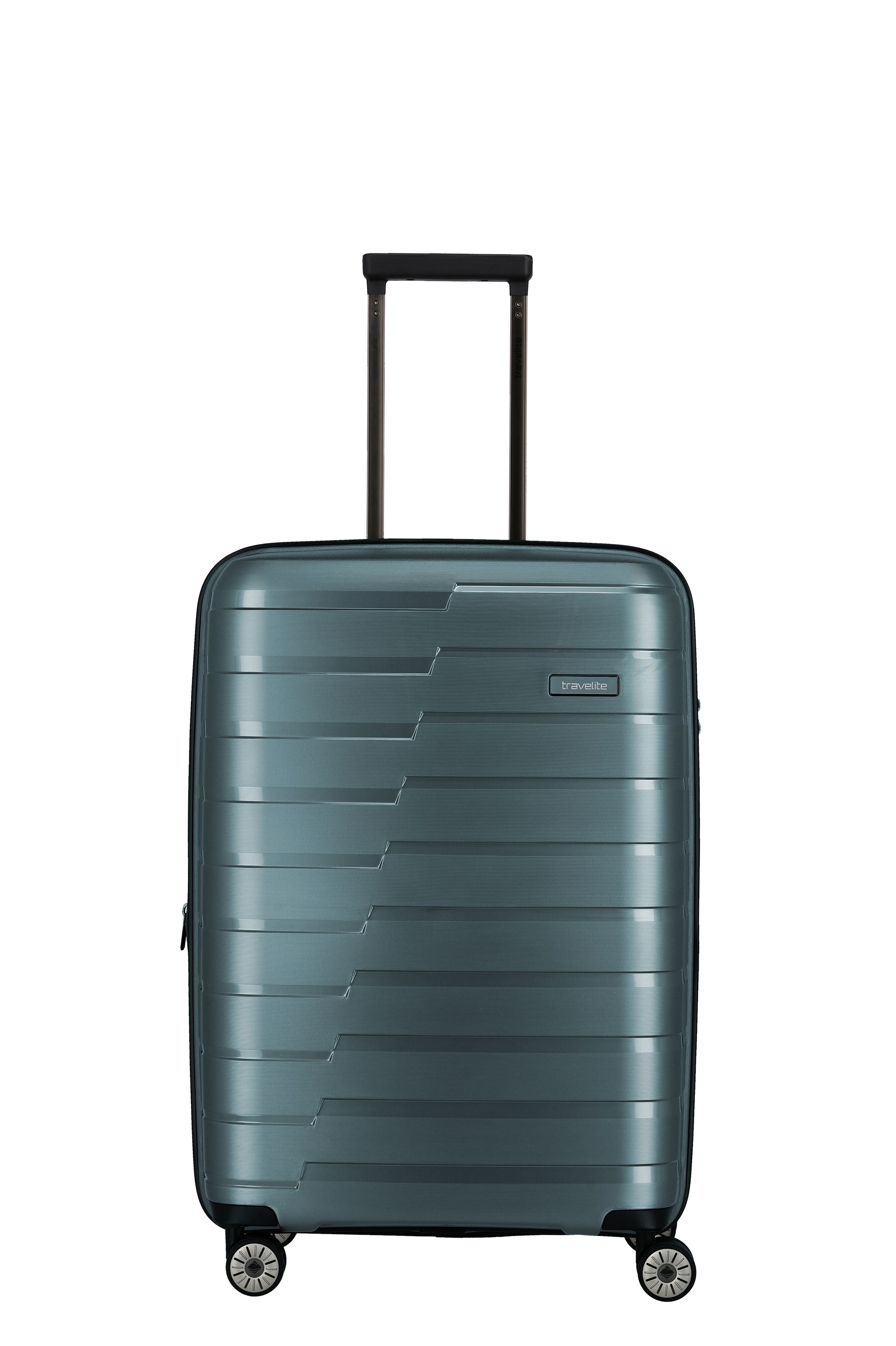
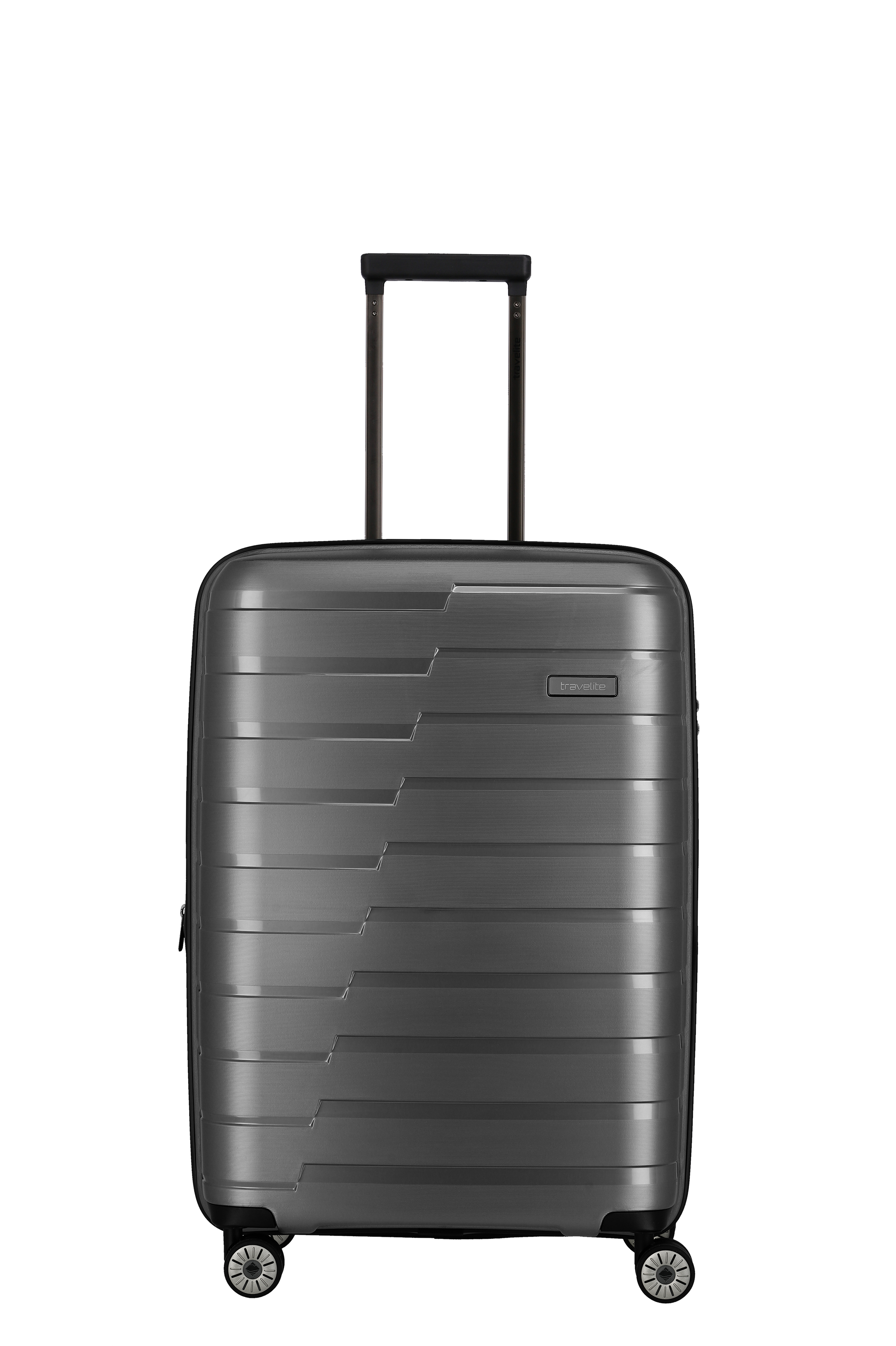
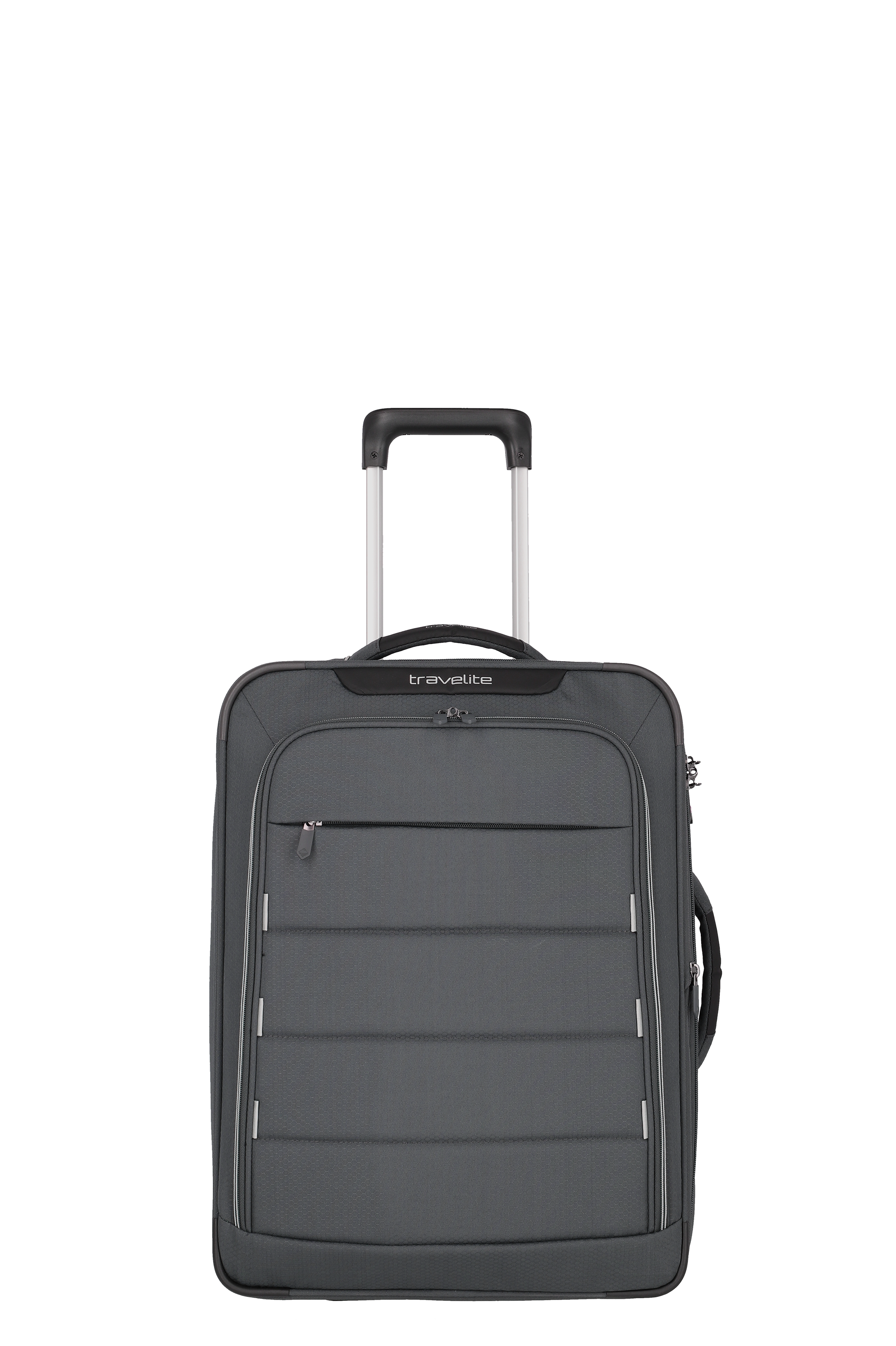
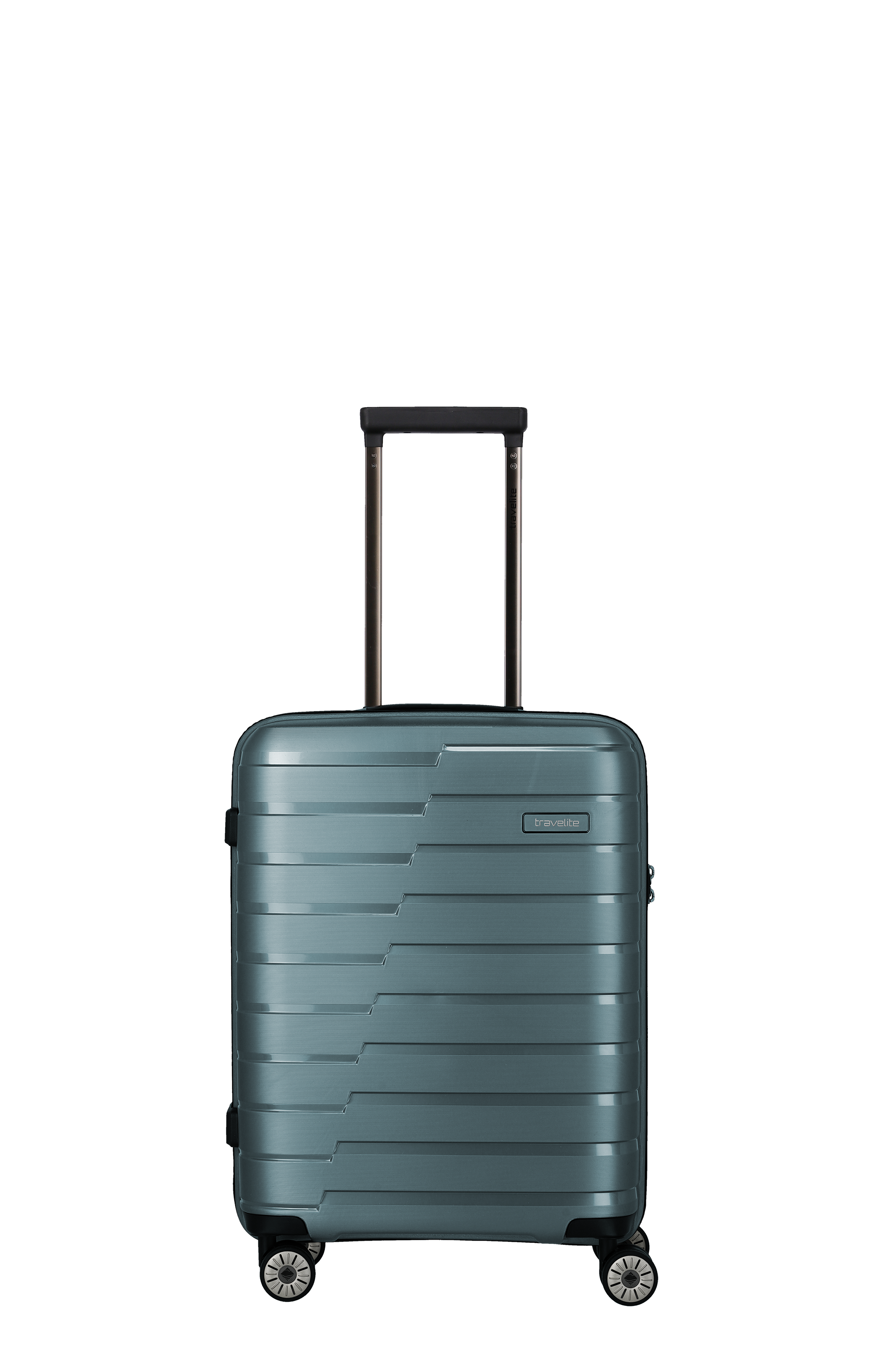
_400x400 Kopie.png?ts=1760433160)
.png?ts=1750248453)

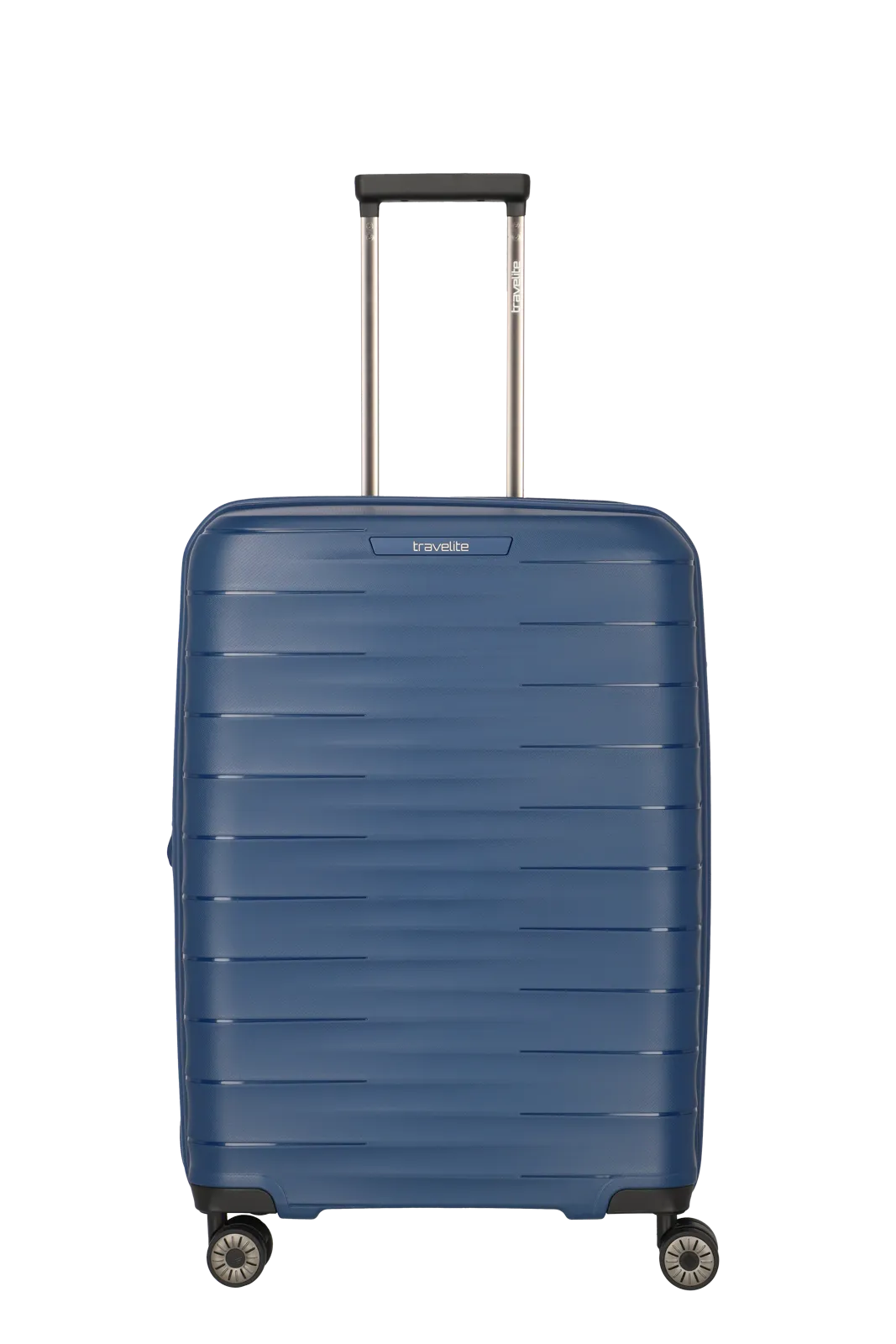
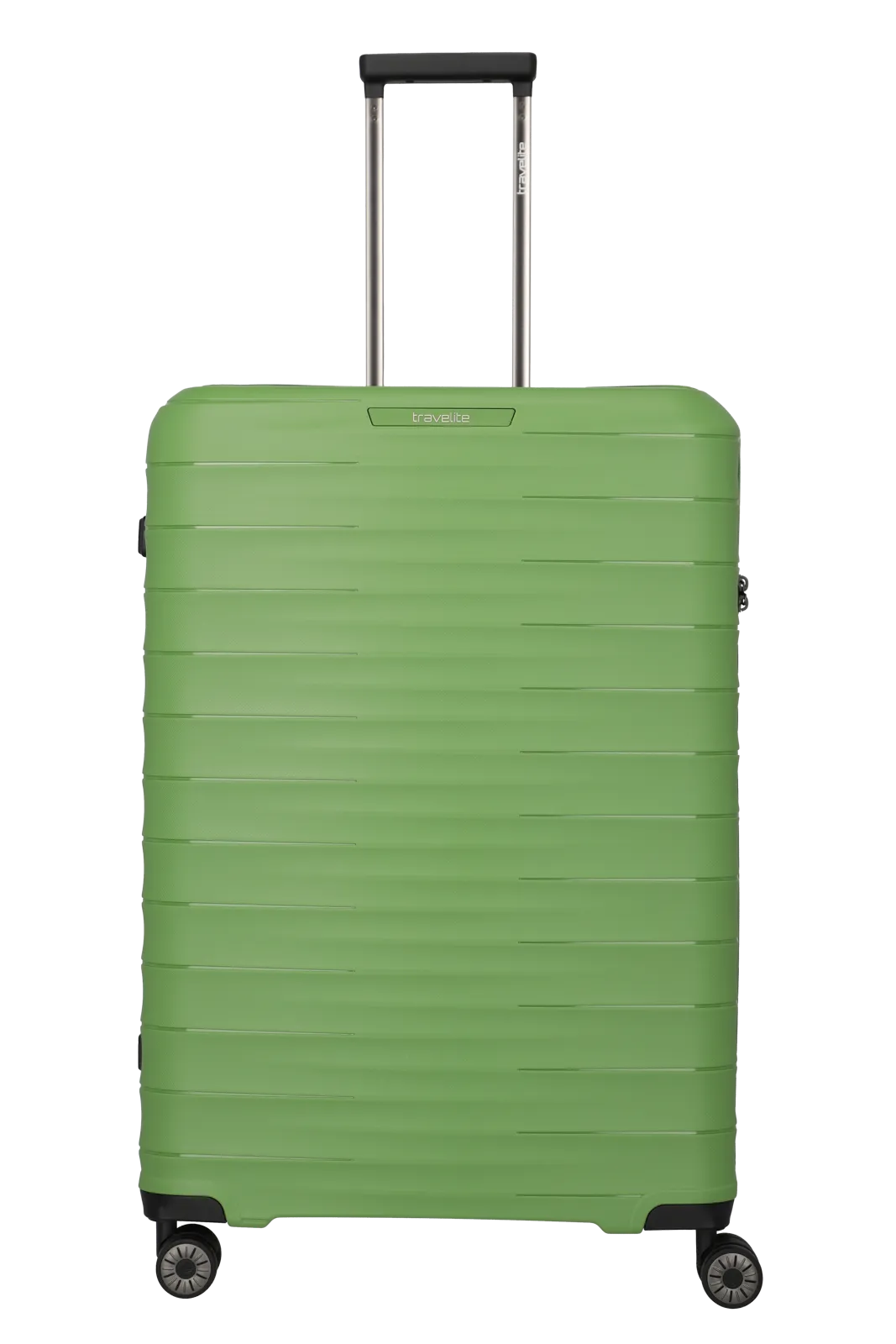
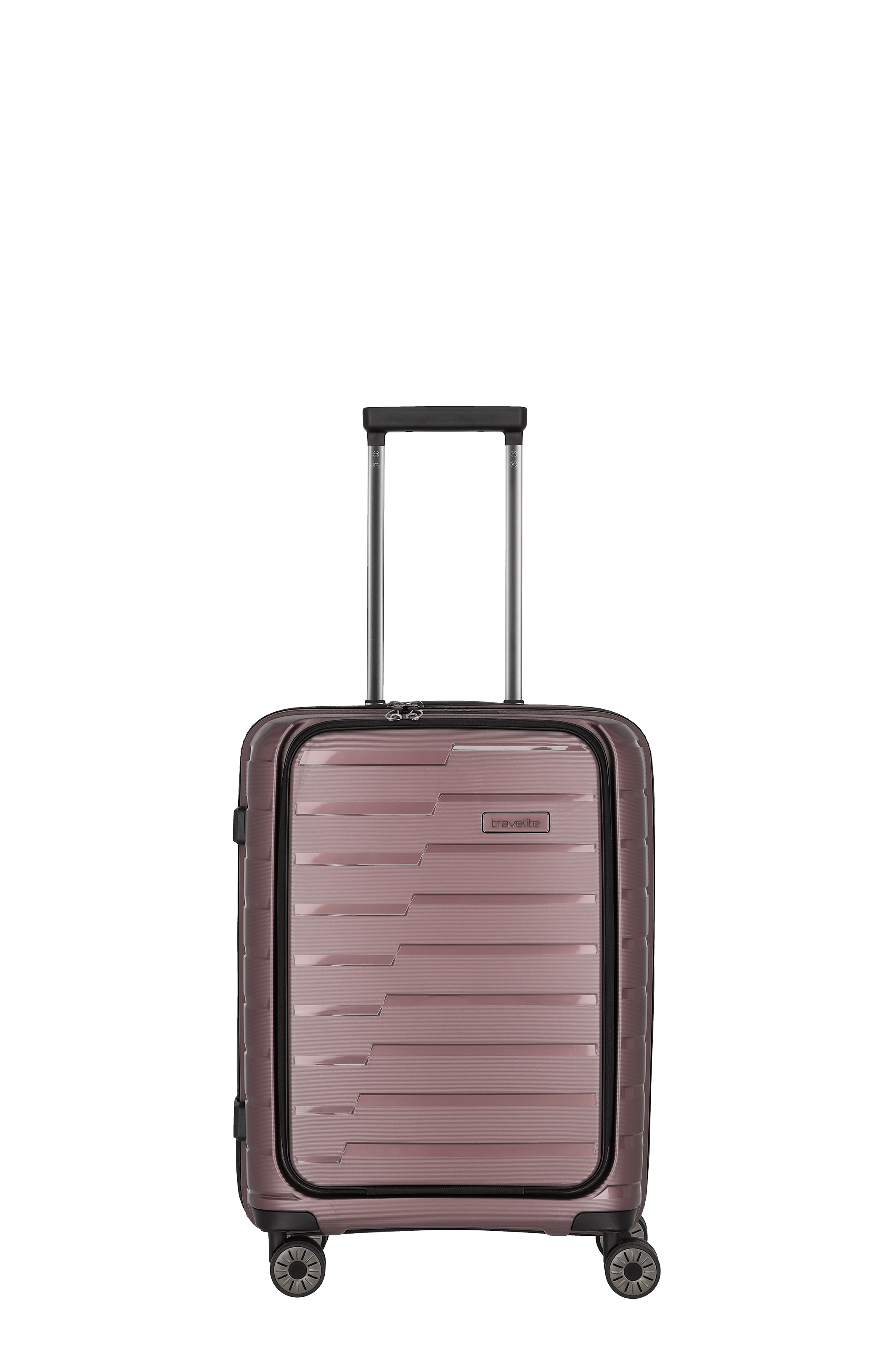
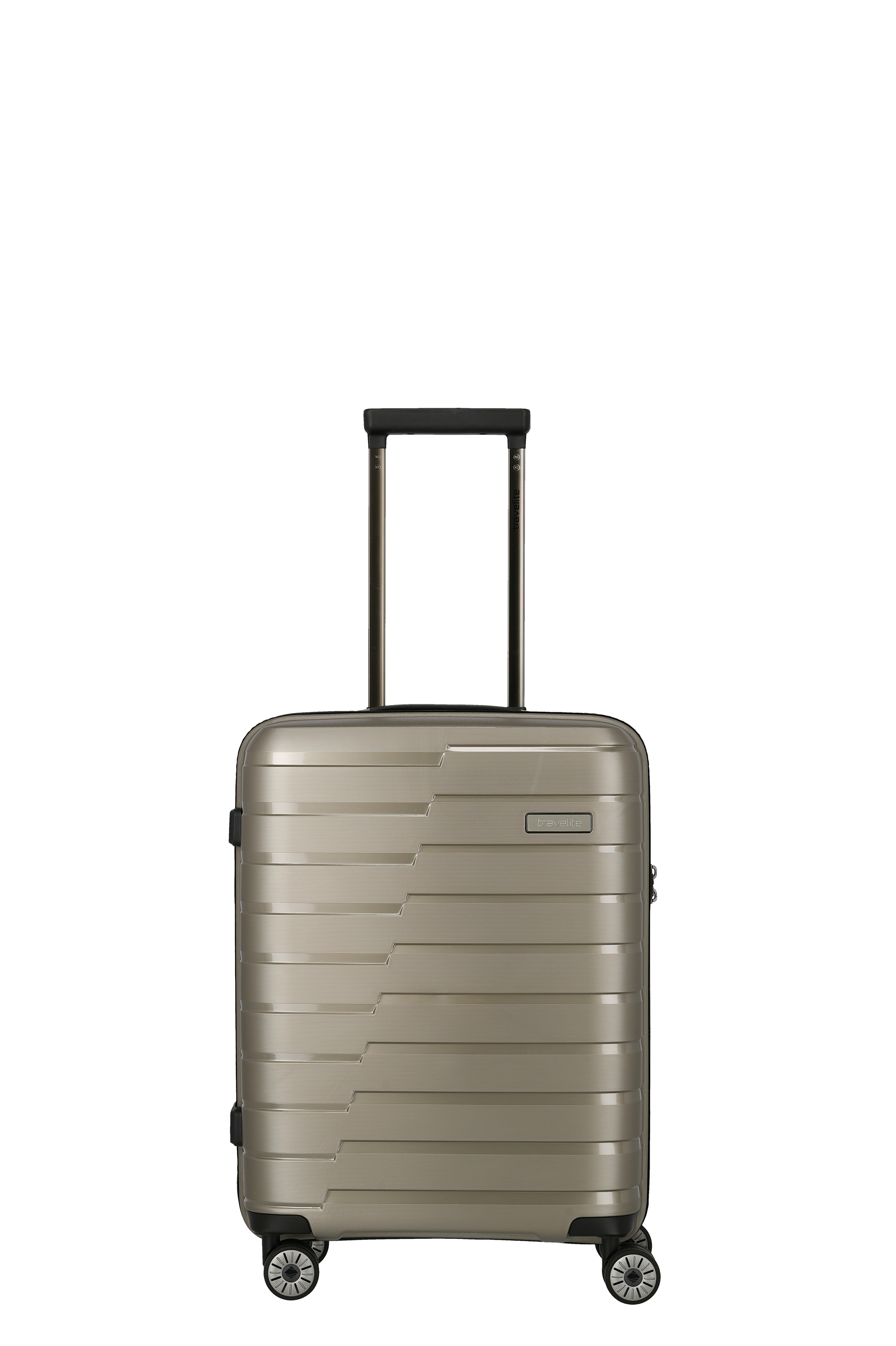
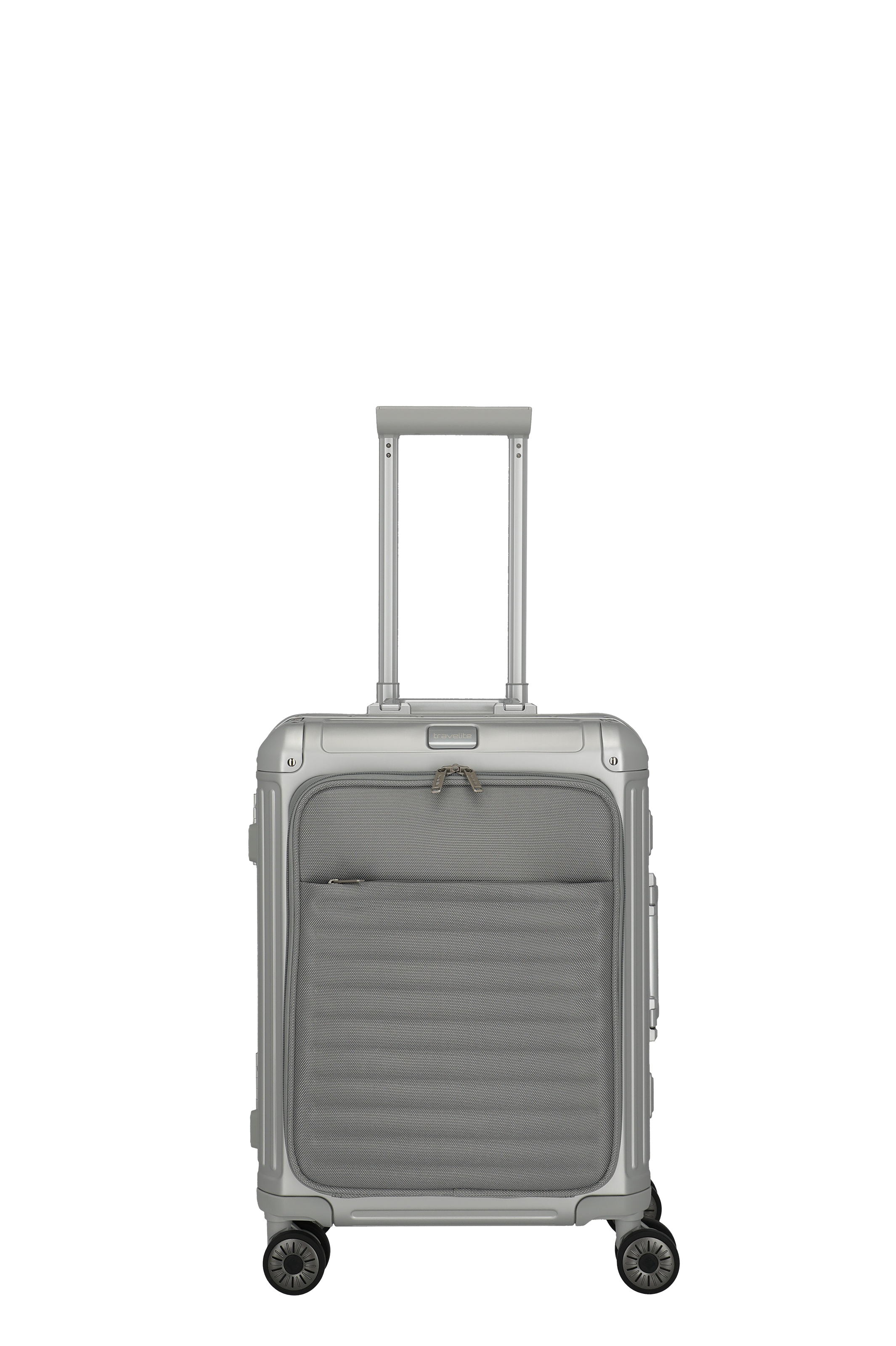
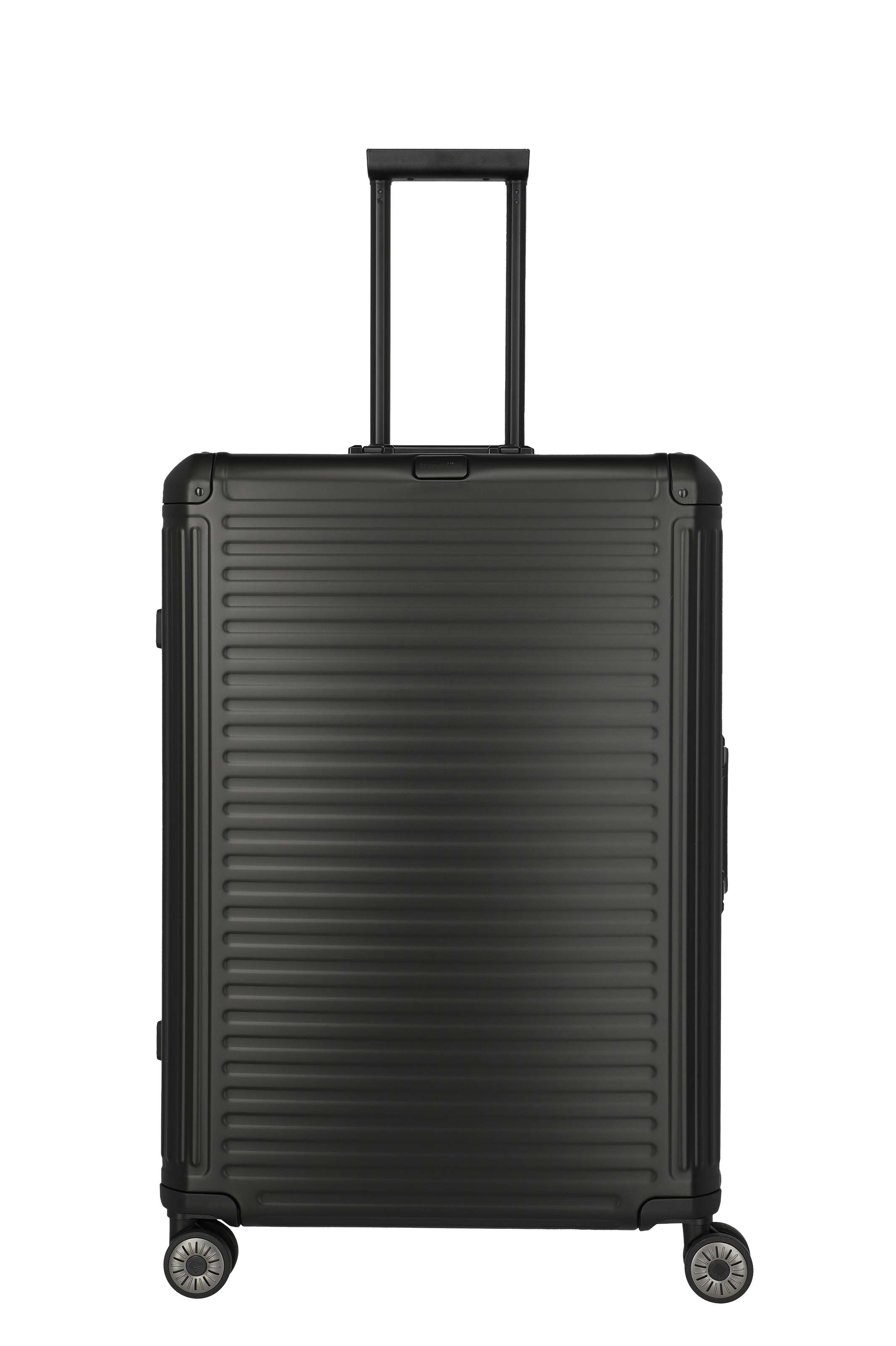
.png?ts=1750248569)


